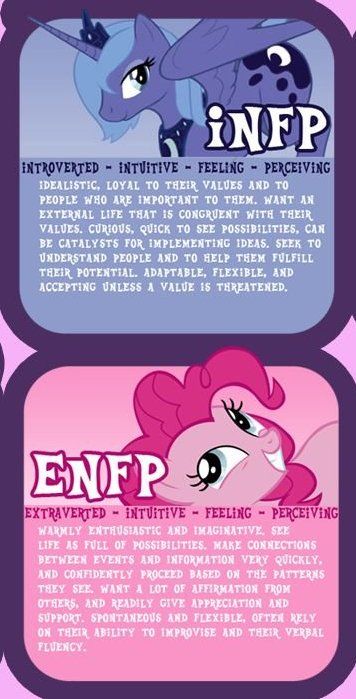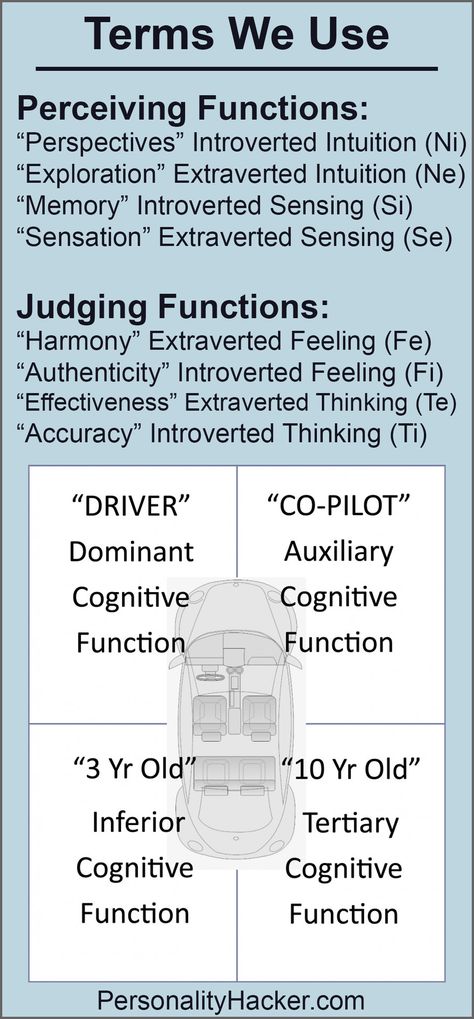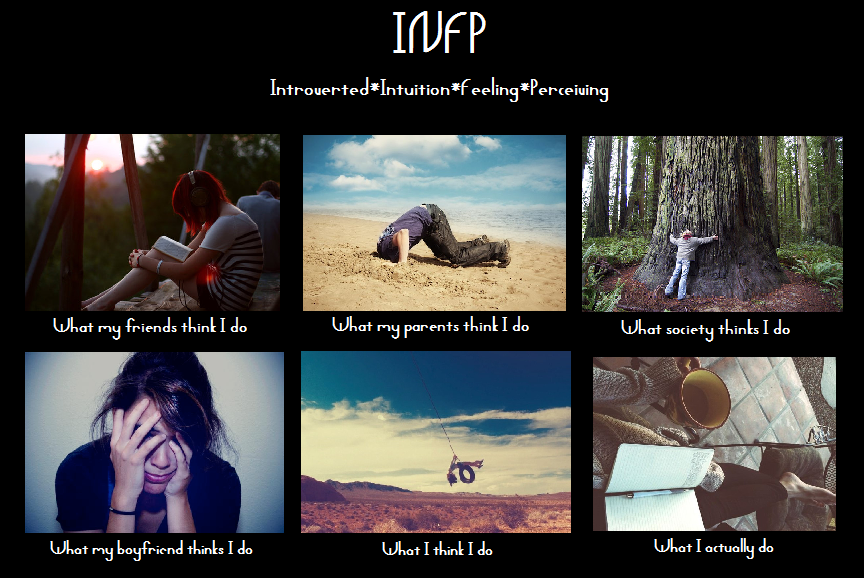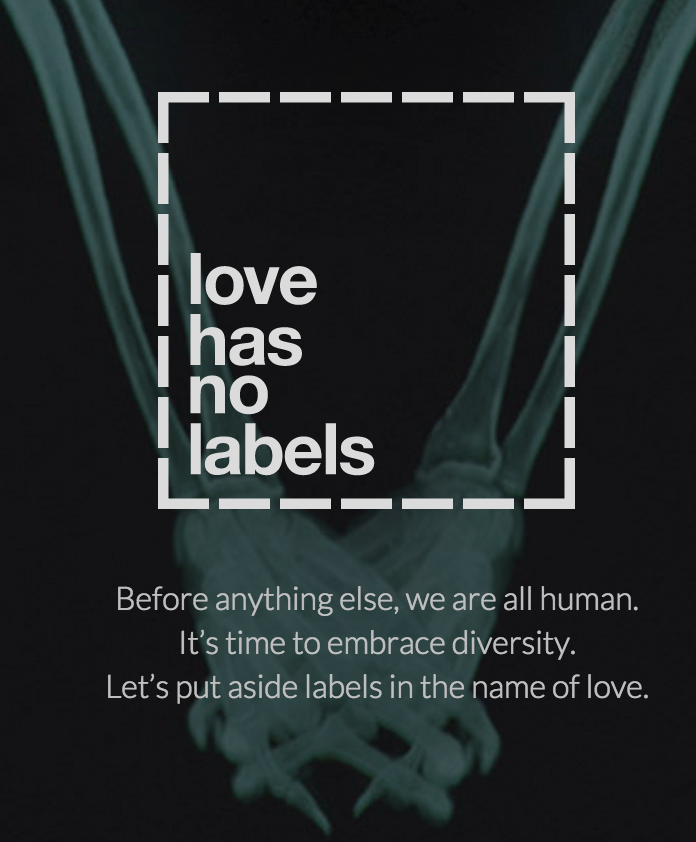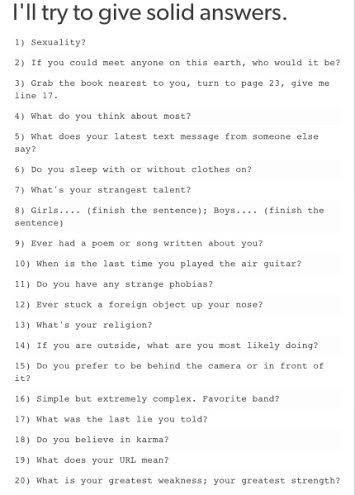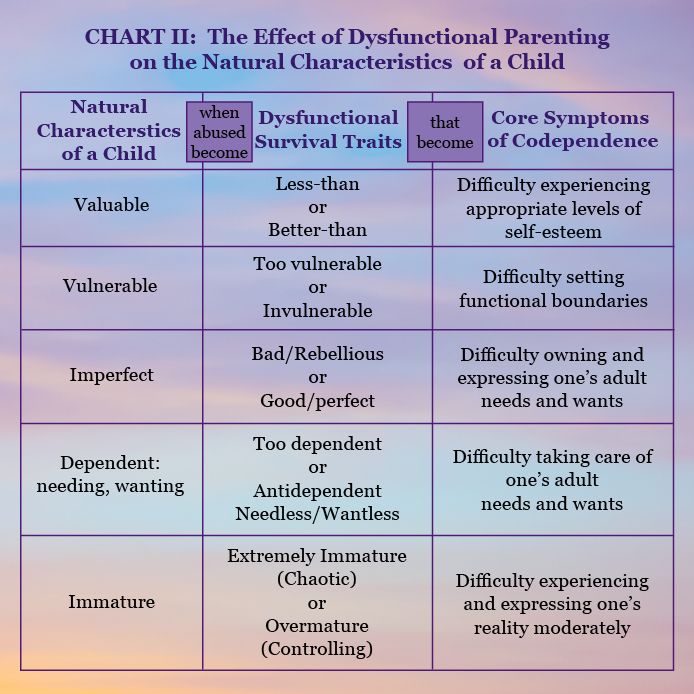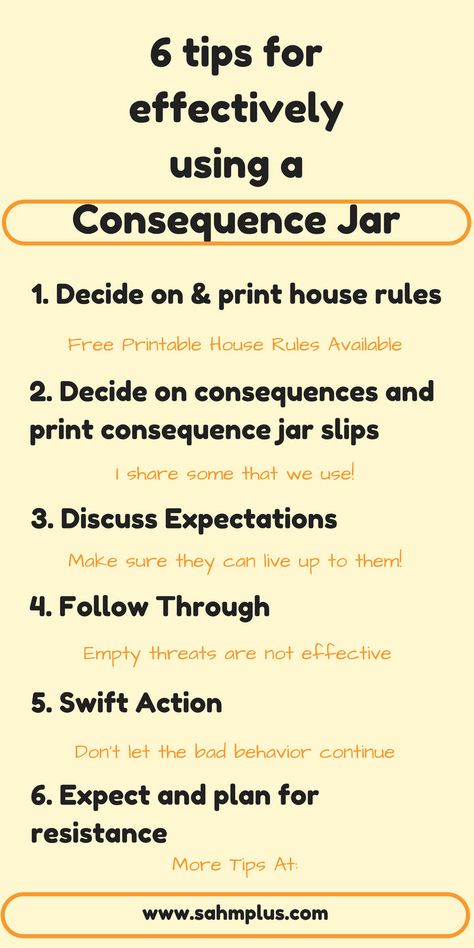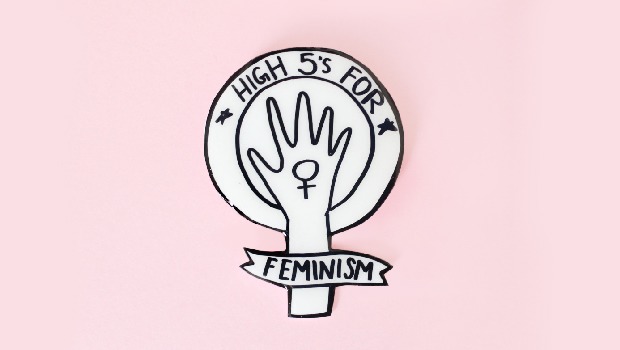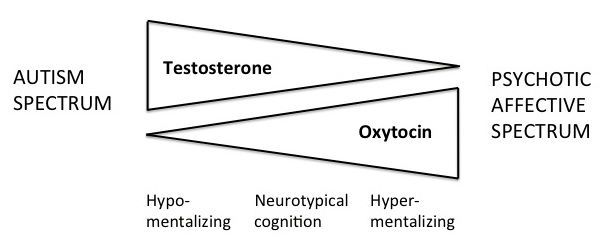Introvert intuitive feeling perceiving
INFPs value inner harmony above all else. Sensitive, idealistic, and loyal, they have a strong sense of honor concerning their personal values and are often motivated by deep personal belief or by devotion to a cause they feel is worthy. INFPs are interested in possibilities beyond what is already known and focus most of their energy on their dreams and visions. Open-minded, curious, and insightful, they often have excellent long-range vision. In day-to-day matters they are usually flexible, tolerant, and adaptable, but they are very firm about their inner loyalties and set very high--in fact, nearly impossible--standards for themselves. INFPs have many ideals and loyalties that keep them occupied. Although they demonstrate cool reserve on the outside, INFPs care deeply inside. They are compassionate, sympathetic, understanding, and very sensitive to the feelings of others. They avoid conflict and are not interested in impressing or dominating others unless their values are at stake. Often INFPs prefer to communicate their feelings in writing, rather than orally. When they are persuading others of the importance of their ideals, INFPs can be most convincing. INFPs seldom express the intensity of their feelings and often appear reticent and clam. However, once they know you, they are enthusiastic and warm. INFPs are friendly, but tend to avoid superficial socializing. They treasure people who take thetime to understand their goals and values. Since logic is not a priority for INFPs, they sometimes make errors of fact and can be unaware that they are being illogical. Because they are so committed to their own ideals, INFPs have a tendency to overlook other points of view and can sometimes be rigid. They are not particularly interested in physical surroundings, and often are so busy that they fail to notice what is happening around them. INFPs may reflect on an idea much longer than is really necessary to begin a project. Their perfectionistic tendencies can lead them to refine and polish their ideas for so long that they never share them. This is dangerous, since it is important for INFPs to find ways of expressing their ideas. To keep from getting discouraged, they need to work toward becoming more action-oriented. INFPs are so emotionally entangled in their undertakings that they are very sensitive to criticism. Because INFPs tend to try to please many people at the same time, it can be hard for them to stand up for an unpopular position. They hesitate to criticize others, and they have a hard time saying no. When INFPs don't express their negative opinions about ideas or plans, others can be misled into thinking they agree with them. INFPs need to develop more assertiveness, and can benefit from learning how to offer honest criticism of others when needed. | Build 30. Apr 12, 2003 Home Introduction Discover your personality typeEI preferenceSN preference TF preference JP preference Type Description More about type theoryFunctionEvolution Scrutiny E enfj. enfp.tex entj.tex entp.tex esfj.tex esfp.tex estj.tex estp.tex I infj.tex infp.tex intj.tex intp.tex isfj.tex isfp.tex istj.tex istp. |
INFP: Introverted iNtuitive Feeling Perceiving
ADVERTISEMENT
Introverted iNtuitive Feeling Perceiving
"I remember the first albatross I ever saw. ... At intervals, it arched forth its vast archangel wings, as if to embrace some holy ark. Wondrous flutterings and throbbings shook it. Though bodily unharmed, it uttered cries, as some king's ghost in super natural distress. Through its inexpressible, strange eyes, methought I peeped to secrets not below the heavens. As Abraham before the angels, I bowed myself..." --(Herman Melville, Moby Dick)
INFPs never seem to lose their sense of wonder. One might say they see life through rose-colored glasses. It's as though they live at the edge of a looking-glass world where mundane objects come to life, where flora and fauna take on near-human qualities.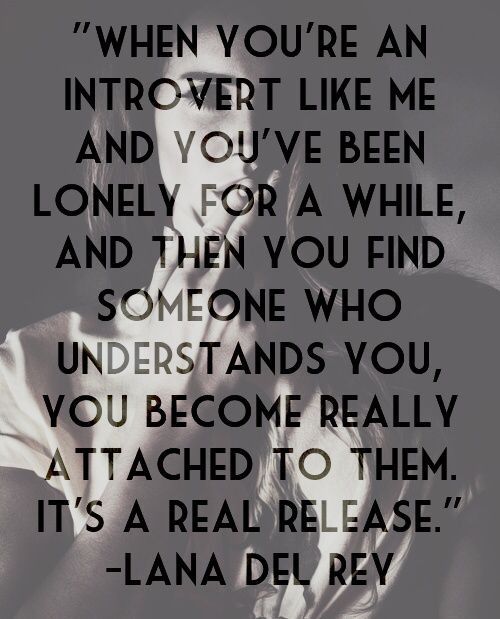
INFP children often exhibit this in a 'Calvin and Hobbes' fashion, switching from reality to fantasy and back again. With few exceptions, it is the NF child who readily develops imaginary playmates (as with Anne of Green Gables's "bookcase girlfriend"--her own reflection) and whose stuffed animals come to life like the Velveteen Rabbit and the Skin Horse:
"...Generally, by the time you are Real, most of your hair has been loved off, and your eyes drop out and you get loose in the joints and very shabby. But these things don't matter at all, because once you are Real you can't be ugly, except to people who don't understand..." (the Skin Horse)
INFPs have the ability to see good in almost anyone or anything. Even for the most unlovable the INFP is wont to have pity.
Rest you, my enemy,
Slain without fault,
Life smacks but tastelessly
Lacking your salt!
Stuck in a bog whence naught
May catapult me,
Come from the grave, long-sought,
Come and insult me!
--(Steven Vincent Benet, Elegy for an Enemy)
Their extreme depth of feeling is often hidden, even from themselves, until circumstances evoke an impassioned response:
"I say, Queequeg! Why don't you speak? It's I--Ishmael." But all remained still as before. ... Something must have happened. Apoplexy!
... And running up after me, she caught me as I was again trying to force open the door. ... "Have to burst it open," said I, and was running down the entry a little, for a good start, when the landlady caught me, again vowing I should not break down her premises; but I tore from her, and with a sudden bodily rush dashed myself full against the mark.--(Melville, Moby Dick)
Of course, not all of life is rosy, and INFPs are not exempt from the same disappointments and frustrations common to humanity. As INTPs tend to have a sense of failed competence, INFPs struggle with the issue of their own ethical perfection, e.g., performance of duty for the greater cause. An INFP friend describes the inner conflict as not good versus bad, but on a grand scale, Good vs. Evil. Luke Skywalker in Star Wars depicts this conflict in his struggle between the two sides
of "The Force.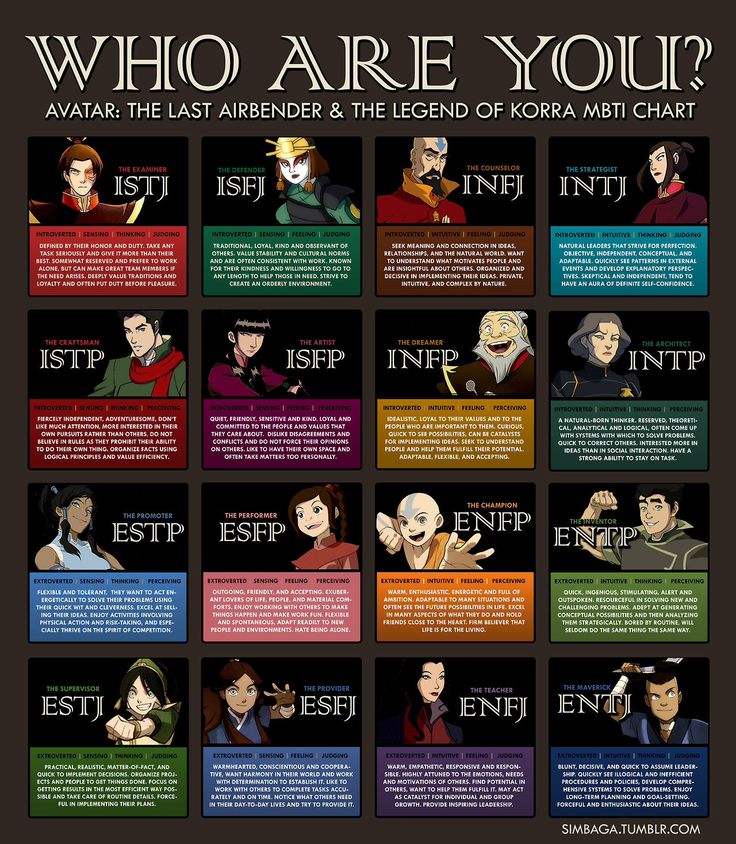 " Although the dark side must be reckoned with, the INFP believes that good ultimately triumphs.
" Although the dark side must be reckoned with, the INFP believes that good ultimately triumphs.
Some INFPs have a gift for taking technical information and putting it into layman's terms. Brendan Kehoe's Zen and the Art of the Internet is one example of this "de-jargoning" talent in action.
What is your personality type? Take the Test!
ADVERTISEMENT
Based on Jung’s framework of cognitive functions
Introverted Feeling
INFPs live primarily in a rich inner world of introverted Feeling.
Being inward-turning, the natural attraction is away from world and toward
essence and ideal. This introversion of dominant Feeling, receiving its
data from extraverted intuition, must be the source of the quixotic nature
of these usually gentle beings. Feeling is caught in the approach-
avoidance bind between concern both for people and for All Creatures Great
and Small, and a psycho-magnetic repulsion from the same.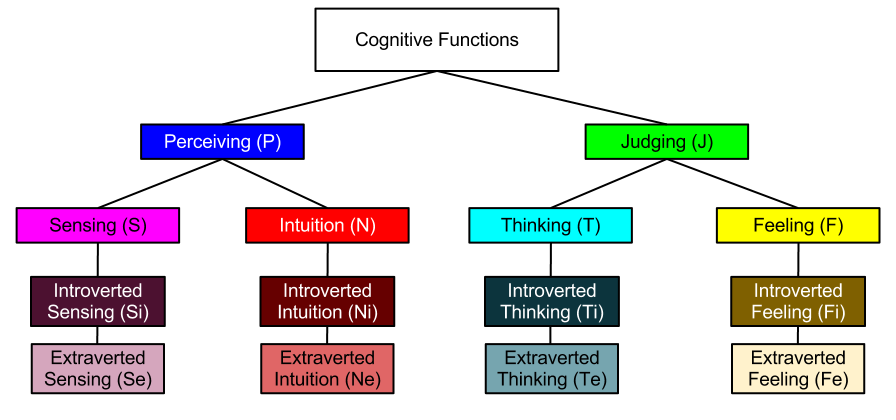 The "object,"
be it homo sapiens or a mere representation of an organism, is valued
only to the degree that the object contains some measure of the inner
Essence or greater Good. Doing a good deed, for example, may provide
intrinsic satisfaction which is only secondary to the greater good of
striking a blow against Man's Inhumanity to Mankind.
The "object,"
be it homo sapiens or a mere representation of an organism, is valued
only to the degree that the object contains some measure of the inner
Essence or greater Good. Doing a good deed, for example, may provide
intrinsic satisfaction which is only secondary to the greater good of
striking a blow against Man's Inhumanity to Mankind.
Extraverted iNtuition
Extraverted intuition faces outward, greeting the world on behalf of Feeling. What the observer usually sees is creativity with implied good will. Intuition spawns this type's philosophical bent and strengthens pattern perception. It combines as auxiliary with introverted Feeling and gives rise to unusual skill in both character development and fluency with language--a sound basis for the development of literary facility. If INTPs aspire to word mechanics, INFPs would be verbal artists.
Introverted Sensing
Sensing is introverted and often invisible.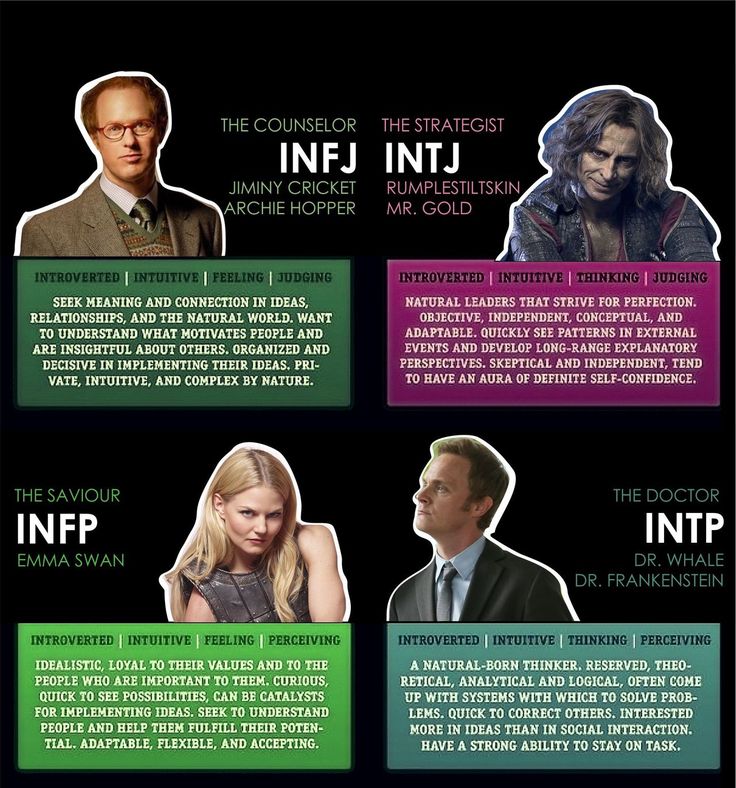 This stealth function in
the third position gives INFPs a natural inclination toward absent-
mindedness and other-worldliness, however, Feeling's strong people
awareness provides a balancing, mitigating effect. This introverted
Sensing is somewhat categorical, a subdued version of SJ sensing. In the
third position, however, it is easily overridden by the stronger functions.
This stealth function in
the third position gives INFPs a natural inclination toward absent-
mindedness and other-worldliness, however, Feeling's strong people
awareness provides a balancing, mitigating effect. This introverted
Sensing is somewhat categorical, a subdued version of SJ sensing. In the
third position, however, it is easily overridden by the stronger functions.
Extraverted Thinking
The INFP may turn to inferior extraverted Thinking for help in focusing on externals and for closure. INFPs can even masquerade in their ESTJ business suit, but not without expending considerable energy. The inferior, problematic nature of Extraverted Thinking is its lack of context and proportion. Single impersonal facts may loom large or attain higher priority than more salient principles which are all but overlooked.
(by Joe Butt - published under license)
Typological model of C.
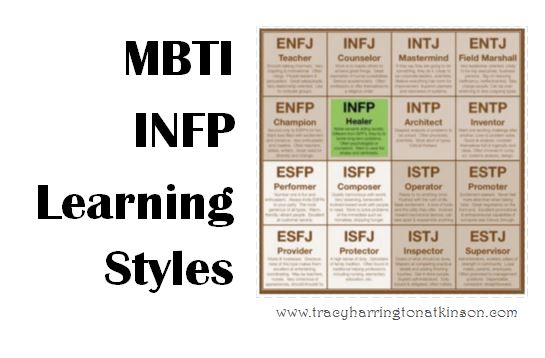 G. Jung and typology of psycho-sociotypes
G. Jung and typology of psycho-sociotypes As already noted, the famous psychologist C. G. Jung divided people into two types - extroverts and introverts. People also differ in their dominant function, which is thinking, feeling, feeling, or intuitive. Typical differentiation is noted from such an early age that one can speak of it as congenital.
► Personality psycho-sociotype is an innate mental structure that determines a specific type of information exchange between a person and the environment, depending on the level of development of such mental functions as emotions, sensations, intuition and thinking and the specifics of preferences - extraversion or introversion.
Psychosociotypes are distinguished on the basis of the personality typology developed by Jung. He argued that the apparent differentiation in human behavior is determined by different preferences, which are revealed very early, forming the basis of our individuality.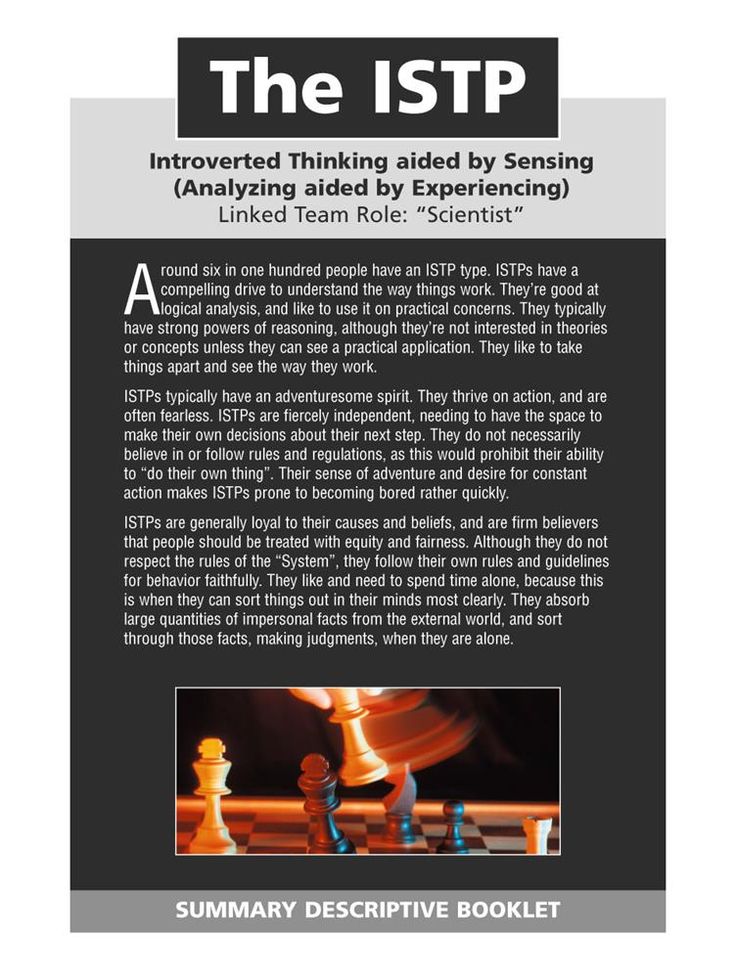
There are four basic preferences that determine personality types:
- The first has to do with whether you draw your energy from the outside world (extraverted) or from within yourself (introverted).
- The second is related to how you collect information about the world: verbatim and sequentially, based on current real sensations (sensory feeling), or arbitrarily, trusting your intuition (intuitive).
- The third relates to how you make decisions: objectively and impartially, carefully thinking through everything, analyzing and planning (thinking-logical), or subjectively, at the behest of the senses (emotionally feeling).
- The fourth concerns our way of life: whether we are determined and methodical (decisive, rational type) or compliant, flexible, spontaneous, somewhat spontaneous (receptive, rational type).
According to Jung's typology, types of people can be distinguished according to the following characteristics:
- Extrovert-introvert.
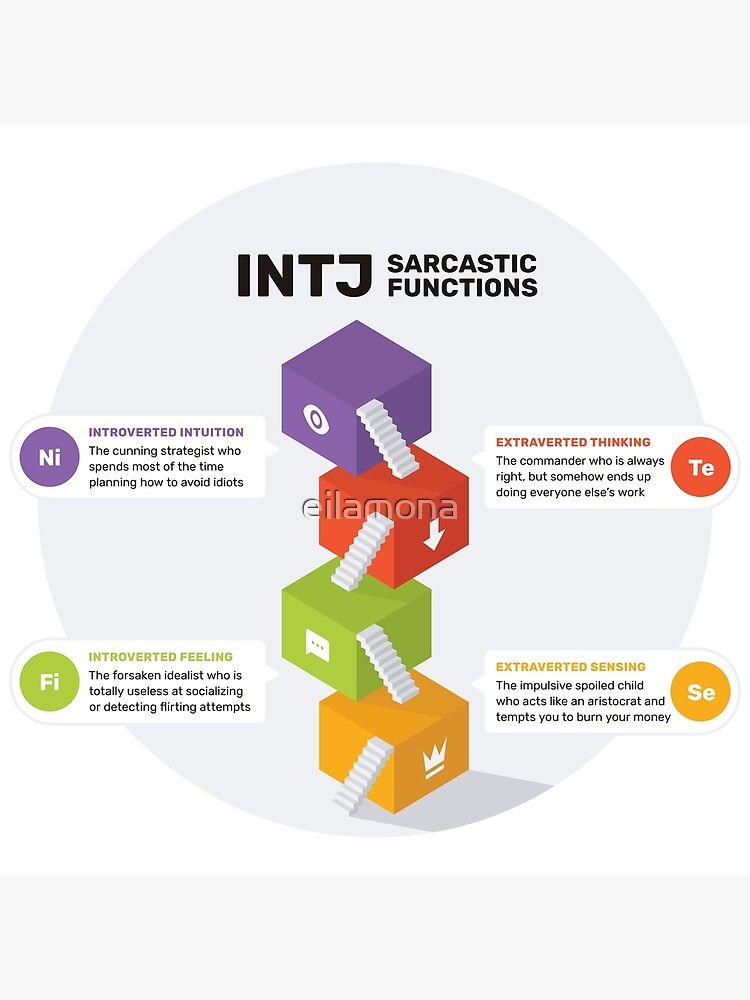
- Rational—irrational.
- Cogitative (logical)—emotional (ethical).
- Sensing (sensory) - intuitive.
An extrovert is charged with energy from people and actions, therefore it is directed to the outside world, to communication. (Let's denote this type with the letter E.) An introvert draws energy from within himself, he is concentrated on his inner world, uncommunicative (after talking with his interlocutor, he wants to be left alone with himself and his thoughts, as if "recharging"). (This type will be denoted by the letter I.)
Both behaviors are perfectly normal. Each of them lives predominantly within their own boundaries, although extroverts are encouraged both at school and in the workforce, stating, for example: "Your grade will depend on how you work in the classroom." It should be remembered that the introvert must be given time to think - this is an objective condition. We see extroverts splashing out their thoughts and feelings, while introverts outwardly manifest themselves only partially, they open up when they feel trust in others or in exceptional circumstances.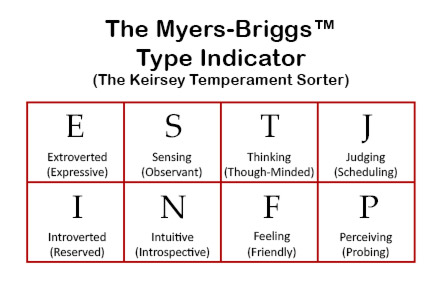
People of the thinking , logical type are characterized by the desire to understand, explain the essential features, patterns of events, life. (This type will be denoted by the letter L.) For representatives of the emotional type, the main thing is the expression of their attitude to the event, its assessment, “acceptance or rejection”, coming to a certain decision in accordance with feelings, taking into account how it will affect other people and relationships with them. (The emotional type will be denoted by the letter E.) The L-E scale is the only one that reveals gender differences. Six out of ten men are type L people, among women the ratio is just the opposite: 60% classify themselves as type E.
People of the sensory (sensing) type perceive events as reality, as sensory experience (sensations, perceptions). They prefer specific information: what can be seen, heard, touched; focus on facts and details. The criterion for making decisions is the common sense and experience of others, fantasy is alien to them, they prefer "a bird in the hands of a crane in the sky.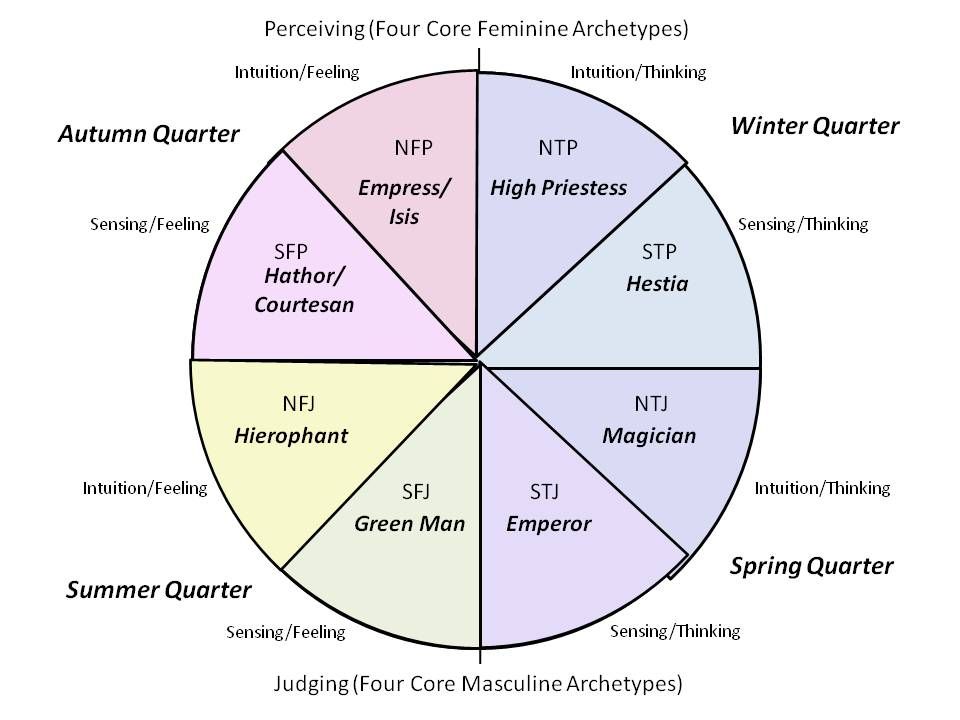 " (This type will be denoted by the letter C.)
" (This type will be denoted by the letter C.)
Intuitive type is distinguished by the ability to predict the future development of events, imagination, the tendency to collect information arbitrarily, sometimes "leaps", looking for its own meaning and relationships between various phenomena, trusting intuition and premonitions. When making decisions, people of this type rely on their inner voice, their own intuition, without looking back at how people around them act in such situations. (The intuitive type will be denoted by the letter I). When two people gather information in different ways, their relationship can be jeopardized. For example, a sensory person asks, "What time is it?" - and expects to hear the exact answer, but the words of the intuitive type are usually different: "It's late, and it's time to go." The first, losing patience, repeats the question: “Tell me specifically, what time is it?”, To which the second, confident in his innocence, can conclude: “You can’t be so capricious. I told you, it's time to go, it's already past three.
I told you, it's time to go, it's already past three.
A person of a rational type, decisive, able to make decisions with minimal stress, clearly understanding why this is chosen. He consistently and persistently implements the decision made without changing it, clearly plans and controls his life and even the lives of those around him. People of this type make any decision quickly, not always taking into account new information, even if it indicates that it needs to be changed. (The rational-deciding type will be denoted by the letter R.)
The irrational or perceiving type is characterized by the accumulation of information instead of rushing to a decision. The latter can change repeatedly depending on the circumstances, and often the person himself cannot explain why he changed his decision. Such flexibility, spontaneity, some spontaneity of life and behavior is not always adequately understood by the surrounding people. (The irrationally perceiving type will be denoted by the letter B.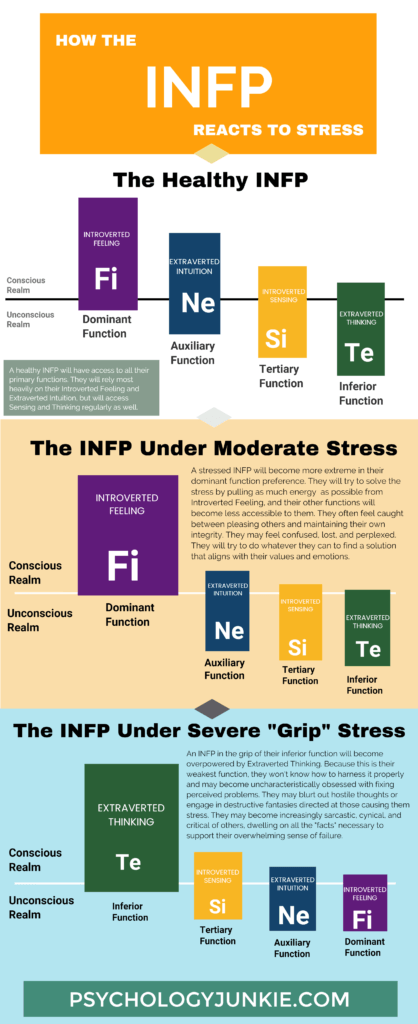 )
)
People with a predominant sphere of sensations or intuitions are classified as irrational type, since they are able to flexibly change their decision and behavior depending on current sensations or intuitive premonitions. People with a predominance of logic or emotions are referred to as a rational type, they tend to make clear decisions, for them "judgments are more important than sensations."
The specificity of the thinking, emotional, intuitive, feeling types will manifest itself in peculiar functions according to extraversion or introversion (Table 6.5).
There are four main psychic channels of communication with the world, related to the functions of sensory, intuition, logic and emotion, the prevalence of which in people is different, which determines the psycho-sociotype of a person.
The first channel is the most powerful, it is most decisive: if a person is an extrovert, the channel is occupied by a “black function”, if an introvert, then it is a “white” one.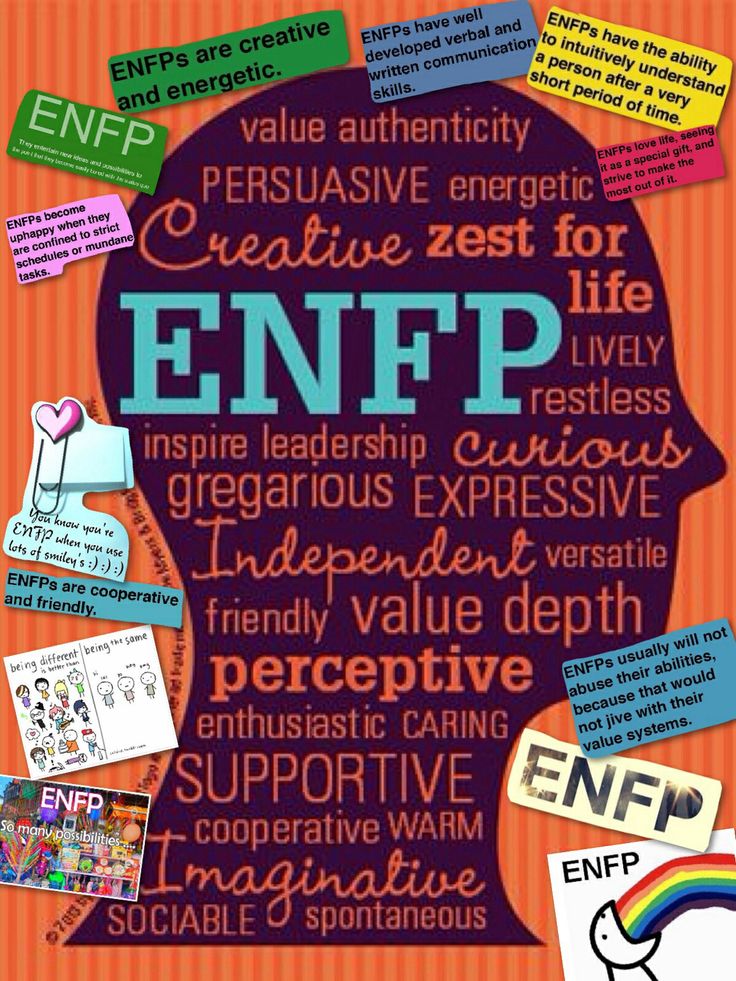 It contains the most complete information about the world.
It contains the most complete information about the world.
The second channel is called "productive" or "creative". This is an area of active action directed outward.
The third channel is characterized by low energy, so the mental function located in it is very vulnerable to "outside influences" - such is the "point of least resistance", the "sore spot" of a person.
The fourth channel is suggestive, it is connected with a person's suggestibility. The mental function involved here is the weakest of all.
All four functions (logical, emotional, intuitive, sensing) are present in each person, but with varying degrees of intensity. They are implemented on different channels and manifest themselves differently in human behavior.
The basic rules for this are as follows:
- If the extrovert opens the first channel (conscious), all other channels are introverted (and vice versa).
- The function of the second channel is opposite to the first on the basis of "rational - irrational", i.
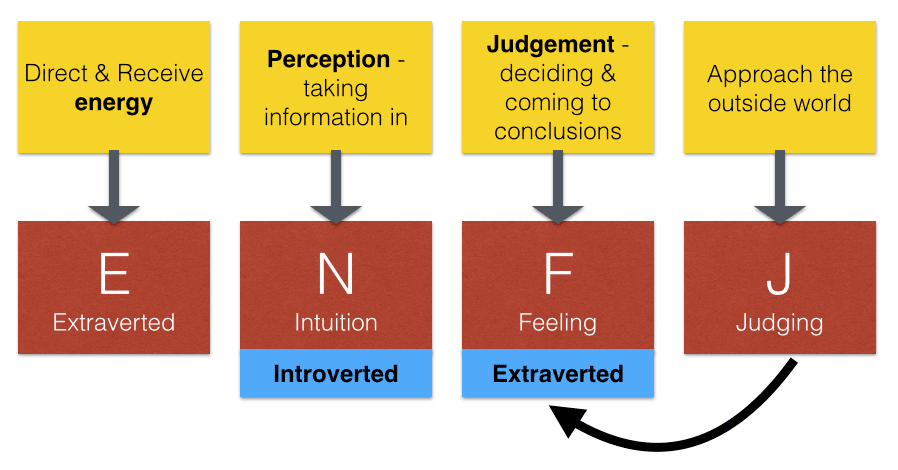 e. if the first channel is represented by a rational function (logic, emotions), then the second is irrational (to ensure an approximate balance of the human psyche).
e. if the first channel is represented by a rational function (logic, emotions), then the second is irrational (to ensure an approximate balance of the human psyche). - The fourth channel is occupied with a function opposite to that of the first one.
Taking into account these rules, 16 psycho-sociotypes of people can be distinguished (Table 6.6). To make them easier to remember, let's call them the names of famous people and characters in literature.
We also use graphic and letter designations: E - extrovert, I - introvert, L - logical-thinking, E - emotional, I - intuitive, C - sensory feeling, B - perceiving, irrational, P - decisive, rational.
Psychosociotypes can be identified using tests. Their characteristics will allow us to analyze the distinctive features and vulnerable qualities of each. As an example, we will offer a detailed description of only three psycho-sociotypes, and we will give brief information about all types in Table. 6. 6.
6.
"Yesenin" (IEIV) (intuitive, ethical, introvert, perceiving), or Seeker.
The first channel is intuition (forecast). This allows a person to feel the impending danger and try to avoid it (this is a premonition in general, not a specific one - intuition with a minus sign). People of this type often recall past experiences, trying to learn a lesson from it, remember negative experiences for a long time; they are fond of the latest theories, trends, reflect on their abilities, strive to understand themselves. They feel the passage of time, but their dreaminess leads to the fact that they are never in a hurry. Sometimes they strive to live a natural life - in merger with nature (Jean-Jacques Rousseau).
Table 6.5
Type specificity depending on extraversion-introversion
The second channel is the emotional function (E). This means that emotions and feelings are very noticeable, although a person tries to behave politely, with restraint.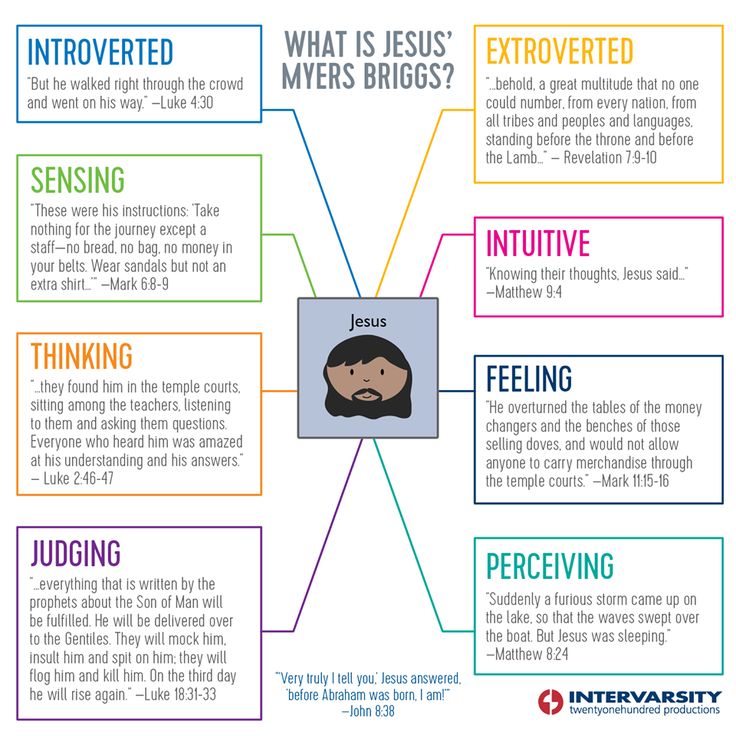 In his family, he is capricious, unrestrained, swears. But still more often he prefers to agree, if only not to quarrel. He tries not to force anyone, not to punish. Feeling the emotional state of other people, can comfort them, help them. Emotionally receptive to art and may be addicted or engaged in it.
In his family, he is capricious, unrestrained, swears. But still more often he prefers to agree, if only not to quarrel. He tries not to force anyone, not to punish. Feeling the emotional state of other people, can comfort them, help them. Emotionally receptive to art and may be addicted or engaged in it.
The third channel is the mental function (L), which manifests itself as business logic and activity. This is a vulnerable quality, and business activity is difficult for a person of this type: he needs to get carried away or force himself to work, although then he can still abandon, postpone the business. Such a shortcoming manifests itself in everyday life: it is difficult for a person to maintain order in the house. It is also not easy to manage finances (he scatters money, often makes spontaneous purchases). Low activity is also manifested in the fact that a person often hesitates in choosing a solution. He forces himself to be active, although in his heart he wants to relax and abandon everything.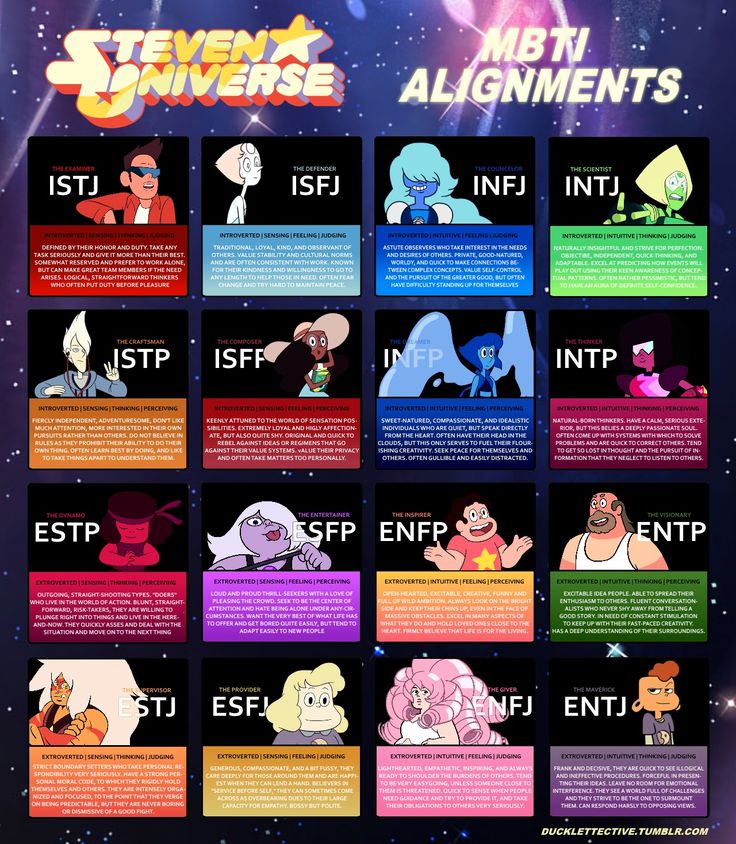 He does not show any initiative of physical labor, but if he is offered to do something, he begins to work, for example, cook food, wash dishes, dig the ground, etc. The internal attitude of a person of this type to self-improvement says: "We must work."
He does not show any initiative of physical labor, but if he is offered to do something, he begins to work, for example, cook food, wash dishes, dig the ground, etc. The internal attitude of a person of this type to self-improvement says: "We must work."
People of this type, like "Yesenin" (IIEV), feel better when work touches their nerves, interests them and seems to them a purely human occupation. The tendency to reflection (I) is combined with a predisposition to figurative and abstract perception of the surrounding world (I). They make decisions based on their inner passions (E), but these decisions are aimed at maintaining order in the soul and affairs, and only then at leading other people. They are malleable, able to adapt to a variety of conditions (B). As a result of the combination of all this, a restrained, but good-natured and sympathetic person appears who follows the principle: "Live yourself and let others live." However, as their sphere of influence grows, so does the need for control.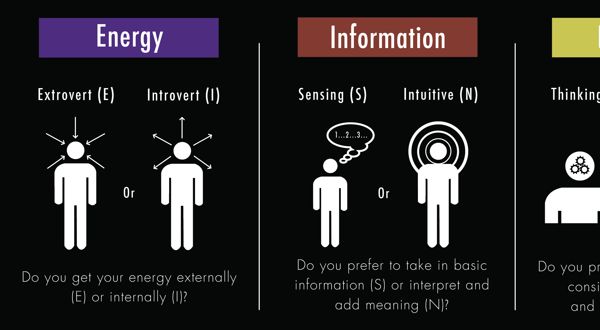
Such people are completely indifferent to the fact that their colleague works somehow. “This is not my business, everyone pays for himself,” a person whose character is defined as IIEV will think. However, if he finds himself in the position of a boss, and also if the behavior of a colleague in any way affects him, he begins to pay much more attention to what is happening nearby. His introversion prevents open clashes and showdown, he carefully avoids conflicts, but if he is hurt to the quick, the intensity of his experiences immediately increases and his reactions become unexpected.
“Yesenin”, as a leader, is able to turn his subordinates into his devoted supporters, since they are free to choose the means to solve the tasks assigned to them; they receive active support and their every suggestion will be listened to with attention. Even if you fail without going too deep into the IIEV value system, you will be encouraged and thanked for your efforts. If you sin against his value system, then forgiveness will not come by itself. The situation is complicated by the fact that the introverted-but-sensitive side in Yesenin leads to the fact that he never forgets or forgives anything, while the mobile, intuitively perceiving side allows him to remain good-natured, to pretend that nothing happened .
The situation is complicated by the fact that the introverted-but-sensitive side in Yesenin leads to the fact that he never forgets or forgives anything, while the mobile, intuitively perceiving side allows him to remain good-natured, to pretend that nothing happened .
Men of type IIEV achieve high positions when their ability to foresee is happily combined with a sense of reality in the choice of ways to solve problems. In this case, they can be leaders who inspire subordinates, although everyday little things can poison their existence. To hide their innate kindness, which causes criticism from someone else, they can behave deliberately harshly, adamantly, trying to demonstrate their character. If the situation at the workplace is heating up, "Yesenin" (IIEV) becomes uneasy; then he sort of withdraws: he becomes slow, passive, succumbs to a gloomy mood, interrupted by unexpected outbursts of criticism. Past circumstances pop up in his memory ("And that's not all! I'm already fed up .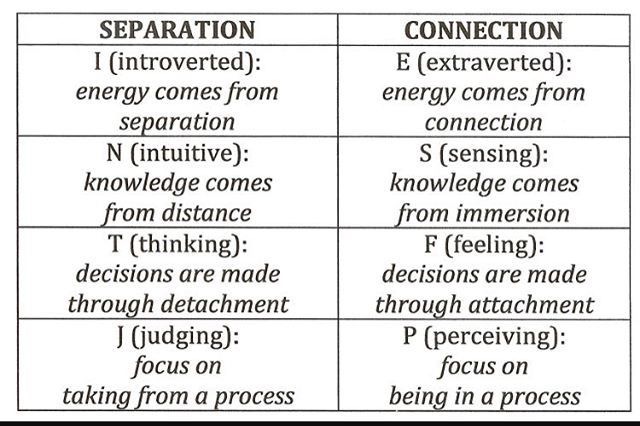 ..").
..").
Such behavior is not characteristic of IIEI, which means the approach of stress, which results in a variety of somatic, stomach diseases. This can be avoided if a person of this type speaks out bluntly, overcoming the reluctance to talk about what is bothering. His introversion prevents frank confessions, even when he himself considers it necessary. Thanks to his intelligence and competence, the IIEV person successfully climbs the organizational ladder, wanting to improve, sometimes falling into self-criticism, because, in his opinion, the work can never be done perfectly. Expanding the scope of his activities, he must prepare for difficulties and come to terms with the unwillingness of others to live and act according to his expectations.
"Dostoevsky" (IEIR) (introvert, emotional, intuitive, decisive), or Writer, Inspiring leader. The first channel is emotional (E). A person of this type immediately feels the attitude of people, tries to avoid conflicts, quarrels, is patient.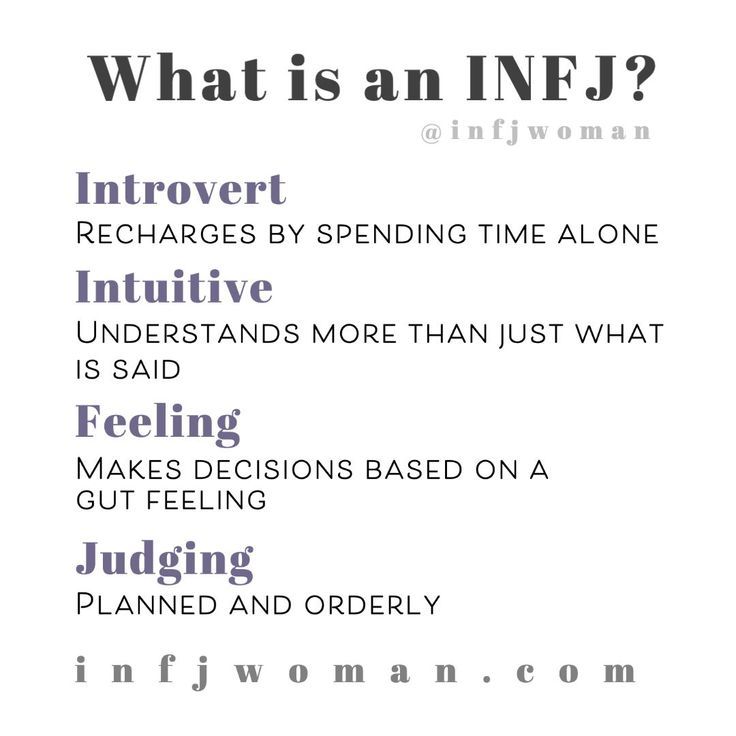 He never scandalizes and moves away from an unpleasant person. Behaves with him dryly, officially. Helps people in trouble (both morally and by actions). He is fair with children; if he feels that he himself is wrong, he asks the child for forgiveness. He assumes positive qualities in people, seeks to establish warm, friendly relations, can forgive the evil done to him.
He never scandalizes and moves away from an unpleasant person. Behaves with him dryly, officially. Helps people in trouble (both morally and by actions). He is fair with children; if he feels that he himself is wrong, he asks the child for forgiveness. He assumes positive qualities in people, seeks to establish warm, friendly relations, can forgive the evil done to him.
The second channel is intuition. People like "Dostoevsky" feel the potential and the core of the personality of others, foresee impending conflicts, but hope that everything will work itself out. They believe that the main value is morality, moral principles; they are demanding of themselves, they experience pangs of conscience for the slightest deviation from the ideal. Sometimes they are called "walking virtue", "boring moralists."
They are also interested in the inner world of another person, they become excellent educators and teachers. They are characterized by a feeling of love for one's neighbor, humanism.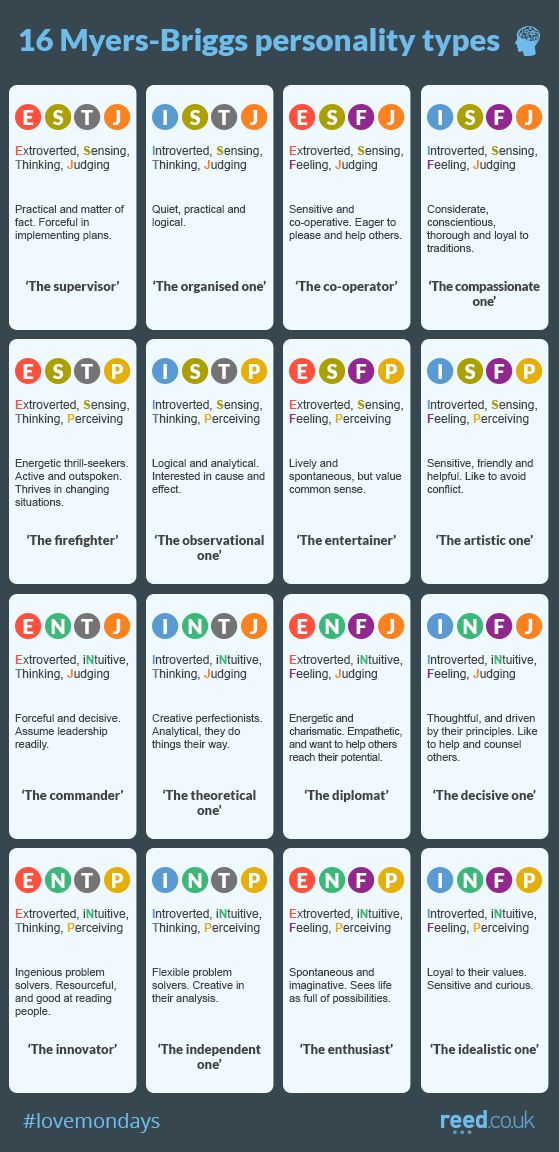 Among them are many religious thinkers and philosophers (Confucius, N. Berdyaev, and others).
Among them are many religious thinkers and philosophers (Confucius, N. Berdyaev, and others).
The third channel is sensory (C), which manifests itself as will, exactingness. Their absence is considered a vice, so a person of this type purposefully forms his will (“Do not what you want, but what you need”). He forces himself, but not other people. Can't stand being pressured by others. Then he prefers not to have anything to do with them. The internal setting of people of this type is: “Do not give in to pressure and do not put pressure on yourself,” but if required: “You have to force yourself!”
No matter what area of work requires diligence and reliability, no one can do it better than Dostoevsky (IEIR). These people are thoughtful and prone to reflection (I), life seems to them a polygon of limitless possibilities, filled with endless meanings and meanings that they associate with the whole (I). Symbols and general concepts are transformed by them in accordance with their personality-oriented decision-making function (E), which forms a lifestyle that is distinguished by order, regularity and measuredness (P).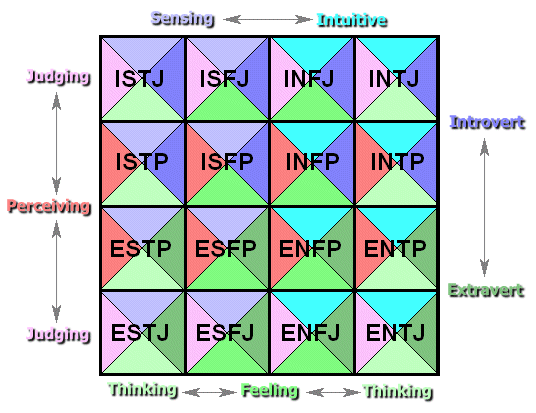 The combination of these preferences forms a rich inner world of the individual, which manifests itself as concern and concern for others. At the same time, he is quite clearly organized, his words do not remain just words.
The combination of these preferences forms a rich inner world of the individual, which manifests itself as concern and concern for others. At the same time, he is quite clearly organized, his words do not remain just words.
A caring, sympathetic, affectionate man of this type sometimes does not meet with understanding from other members of his sex. If we exclude church activities, as well as the practice of a private psychologist or teacher, the “Dostoevsky” man (IEIR) will have a hard time at work. His style of work is characterized by the ability to keep a schedule and take care of the needs of others. Such a person is very reserved during conflicts and usually anticipates better than others when a clash is just brewing - he seems to anticipate events. Unfortunately, this ability only attracts conflict situations to him, which he fears. As a result, he squanders his strength and hides his turmoil under the guise of introversion, hoping that everything will be sorted out soon.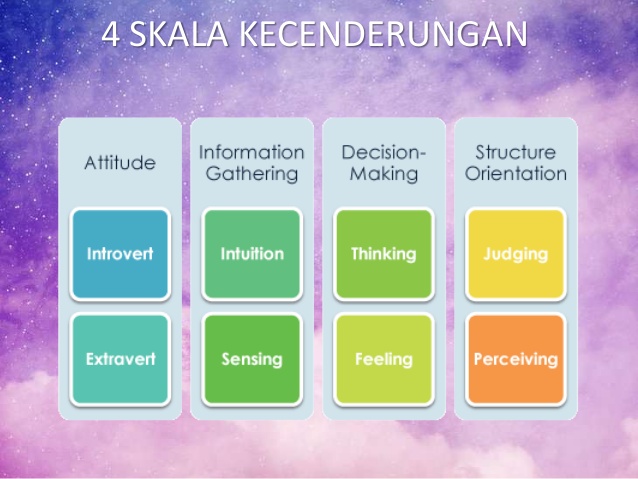
Increased emotionality, sensitivity of people of this type sometimes leads to gastric, somatic, and nervous disorders. To maintain health and inner balance, they require some form of meditation - whether it be some kind of yoga or ordinary solitary reflections for a few minutes.
In the workplace they value order and accuracy, unanimity, they would like everyone to be encouraged for his contribution to the common cause, so that everyone strives for harmony in industrial relations. The virtues of such people include their intelligence, creative imagination, devotion to their ideals and humanity. They love to dream, love to learn and improve themselves and encourage others to do so. They pre-think the issue from a more general point of view and put everything on the shelves. Their strong character and ability to understand act on others in an inspiring way.
"Dostoevsky" (IEIR) can act very realistically when his ideals are at stake. For example, if we are talking about raising the salaries of teachers, then it is he who will best cope with the task of presenting the issue in a form acceptable to the general public.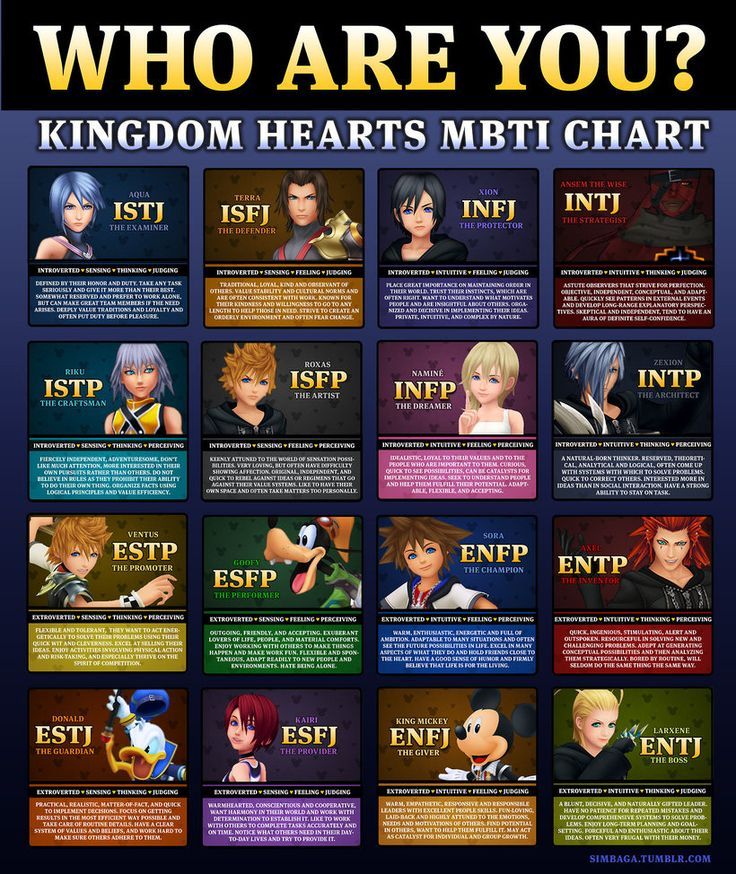 And suddenly this compliant, amiable, caring person becomes strong-willed and concretely thinking, meeting opponents fully armed with his intellectual power. Justice, honesty, mutual understanding - these are the moral values for which he is ready to fight both in private life and at work.
And suddenly this compliant, amiable, caring person becomes strong-willed and concretely thinking, meeting opponents fully armed with his intellectual power. Justice, honesty, mutual understanding - these are the moral values for which he is ready to fight both in private life and at work.
He also has some weaknesses. If any of his ideals remain unfulfilled, he falls into a deep depression. He tends to overly deeply experience any event or remark that does not even concern him, since he believes that everything that happens in the office has the most direct relation to him and he is decisively responsible for everything. He also often complicates the simplest thing and gives it an inappropriate meaning, i.e., makes it “out of molehills”.
"Huxley" (EIEV) (extrovert, intuitive, emotional, perceiving), or Journalist. The first channel is intuition. Such a person understands people well, their motives, he is a born psychologist, feels the abilities, dignity of others, loves to inspire and admire their talents, activate others (including to solve his problems).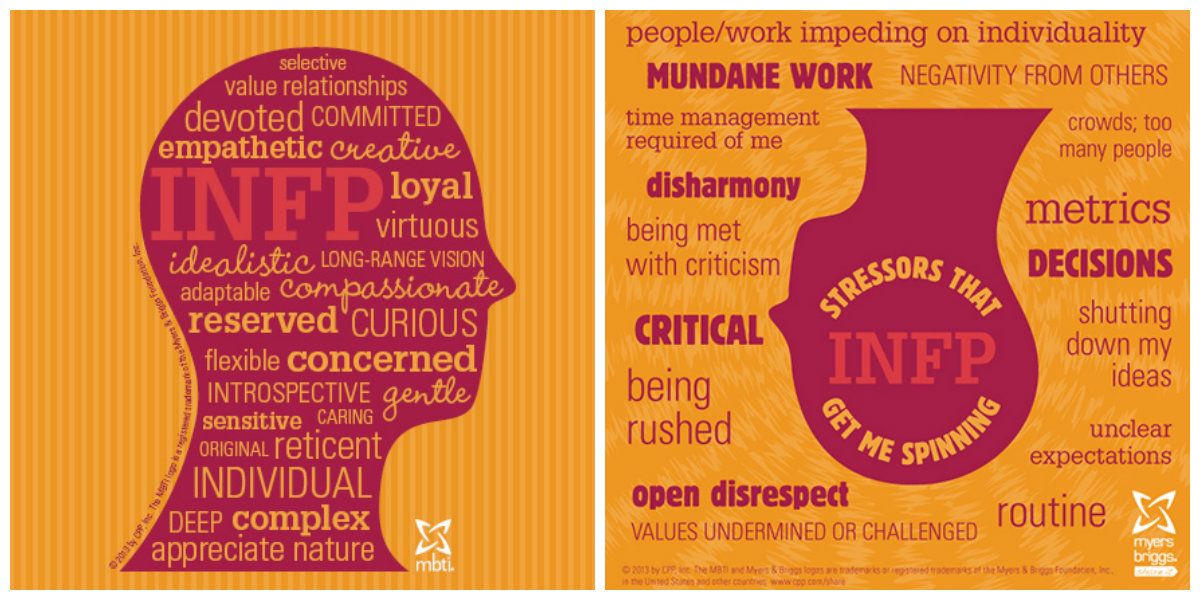 Captures perspective as a whole. Loves novelty in everything. He is jocular, playful, has many acquaintances.
Captures perspective as a whole. Loves novelty in everything. He is jocular, playful, has many acquaintances.
The second channel is emotions. People of this type try to maintain good relations with others, seek compromises, demonstrate friendliness, readiness to help, although they are often optional, frivolous, and joke excessively. They feel exactly what others expect from them, fulfilling the “social order” with pleasure. They know how to manage emotions, the sympathies of others, to convince, to persuade a person to do something. There are many journalists, politicians, psychologists among them.
The third channel is vulnerable logic. They find it difficult to logically analyze; There are many ideas, but they do not like to substantiate and really test them (let others do the verification). This type is distinguished by a stormy fantasy, but as a result of weak analysis, everything is scattered over trifles, the most essential is missed. A person of such a warehouse does not like being told that he does not understand something.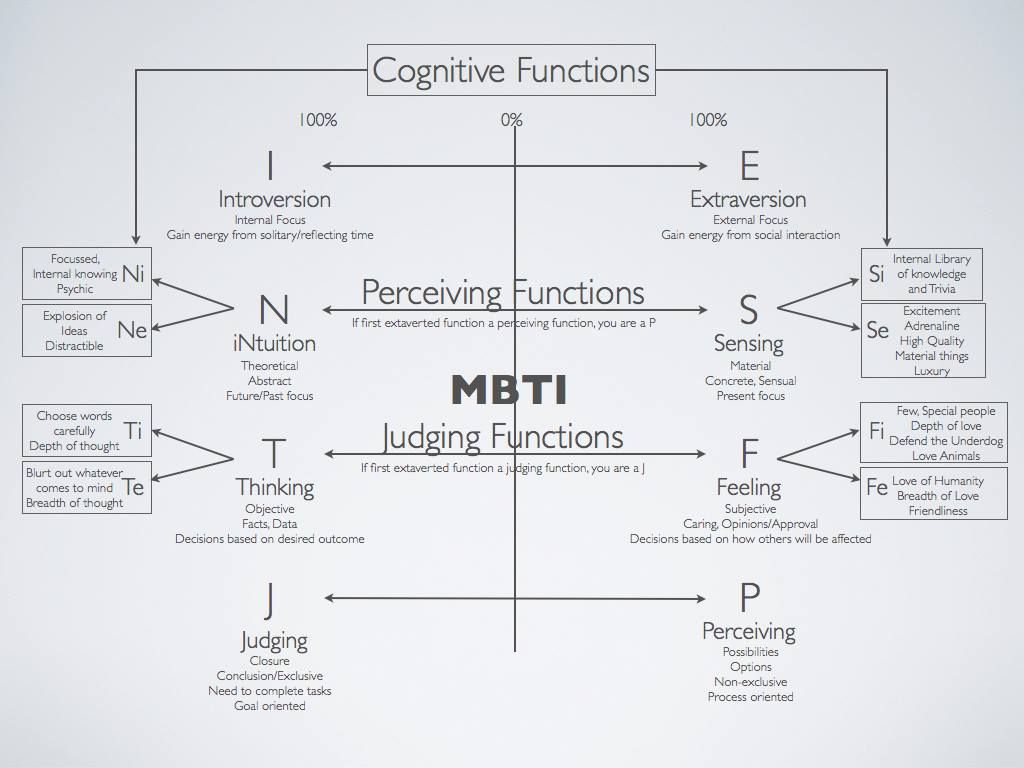
Taste for life combined with sociability (E) is combined with a sense of limitless possibilities and options (I), which are considered from the point of view of interpersonal dynamics (E) and translated into flexible, multivariate behavior. The dexterity with which he performs a wide variety of tricks often takes his less trained colleagues by surprise. He brings inspiration to any activity, although sometimes excitement, enthusiasm, unpredictability, sensitivity are mistakenly perceived as frivolity.
Thanks to the ability to convince and inspire others, the EIEV type perfectly copes with the main task of the boss - "doing things with the hands of his subordinates." At the same time, he helps subordinates feel in their place and know that their overall success depends on their efforts. He prefers to cheer people up rather than controlling their every move. Another strength of Huxley (EIEA) is the ability to generate different options and solutions to several problems at once, but at times he is more interested in considering options than in completing an undertaking.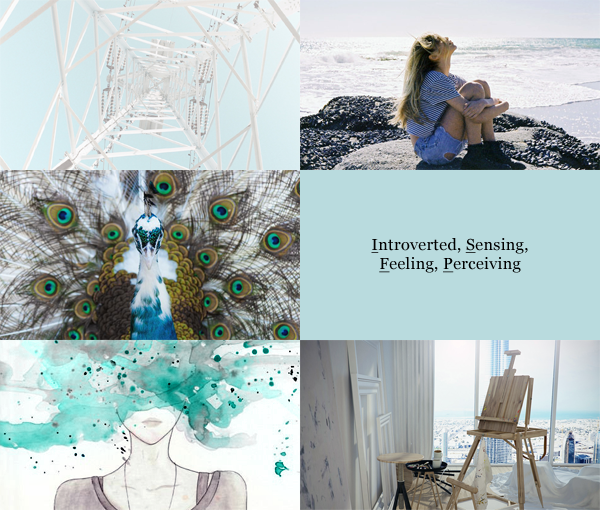
Despondency and nervous breakdown seize people of this type when they are unable to turn a serious problem into a game. When it comes to responsibility, then they become thoughtful, sullen, even harsh. Their craving for the new and the unexpected can lead to a complete neglect of their regular duties. Having many plans and not bringing the main part of them to the end, such people turn out to be unreliable, unstable, unsure of themselves. It is said about them: "The road to hell is paved with good intentions."
Table 6.6
Brief description of psycho-sociotypes
| Name of psycho-sociotype | First channel - main | Second channel - optional | Third channel - "weak spot" | Fourth channel - suggestive |
| Yesenin, or Iskatel (intuitive, emotional, perceiving, irrational, introvert) "Live yourself and let others live!" | Introvert / Intuition: Premonitions (general forecast, absorbing new ideas) | Emotions/Extraversion: Feels the emotions of others, tries not to quarrel, but sometimes emotionally unrestrained | Business logic sometimes fails, it is difficult to make a decision, maintain order in business, life "We have to work" | Sensory/Sensation: Disconnected from real sensations |
| Dostoevsky, or Writer, Inspiring Leader (emotional, intuitive, decisive, introvert) "Do not give in to pressure and do not put pressure on others!" | Introvert/Emotions: Feels the attitude of people, does not quarrel, endures for a long time, forgives, helps people | Intuition/Extraversion Anticipates the potentialities of people, moralist, humanist, educator | Sensory, will, exactingness: “Do not what you want, but what you need!”; order, regularity: "You have to force yourself" | Logic: Propensity to think, dream |
| Huxley, or Journalist (intuitive, emotional, perceiving, irrational, extrovert) | Extrovert/Intuition: Understands people well, activates them; foresees perspective, novelty; playful | Emotion/Introversion: Feels what people expect from him, knows how to control the emotions of others, to convince them; looking for a compromise excited | Logic/Introversion: Logical analysis is difficult; many ideas, flexible behavior, but may miss essential "Be logical!" | Sensors: Inattentive to real sensations, creates confusion |
| "Hamlet", or Actor (emotional, intuitive, decisive, extrovert) | Extrovert/Emotions: Feelings are stormy, unrestrained, likes to be the center of attention; feels the emotions of others, knows how to convince - | Intuition/Introversion: Well predicts events, people's actions, decisive, goes into conflict | Sensors: Likes comfort, does not tolerate discomfort and pain "Look the way they want to see you. | Logic: Weakened, conflicting judgments |
| Robespierre, or Scientist (logical-intuitive, decisive, introvert) | Introvert/Thinking: Analytical, interested in general patterns, ideas, not facts | Intuition: Feels the perspective, the essence of things, is capable of non-standard solutions | Sensory-volitional channel: Does not tolerate volitional pressure, defends his opinion, does not like routine work "You have to force yourself" | Emotes: Stuck, blames others for conflicts |
| "Balzac" or "Creator, Thinker of Life" (intuitive-logical, irrational, introvert) | Introvert/Intuition: Anticipates the future even in details; breadth of perception of the world, unpredictability of ideas and behavior | Business logic: Efficient, able to foresee everything, pedantic, cautious, economical | Emotes: Poorly feels the emotions of people, can show tactlessness, turn against himself; gloomy, impartial appearance "Don't openly express your feelings!" | Sensory, Will: Weakened |
| Don Quixote, or Novator (intuitive-logical, irrational, extrovert) | Extrovert/Intuition: Sense in problem solving, recognizes people's abilities; global reflections, worldly distraction | Logic: Theoretical, data analysis, theory building, classifications | Emotes: Weak emotional-anal sensitivity to others, therefore tactlessness, inappropriate behavior; mood swings. | Sensors: Feelings are weakened, cut off from the real world, lives in a fantasy world |
| "Hamlet", or Actor (emotional, intuitive, decisive, extrovert) | Extrovert/Emotions: Feelings are stormy, unrestrained, likes to be the center of attention; feels the emotions of others, knows how to convince - | Intuition/Introversion: Well predicts events, people's actions, decisive, goes into conflict | Sensors: Likes comfort, does not tolerate discomfort and pain "Look the way they want to see you." | Logic: Weakened, conflicting judgments |
| Robespierre, or Scientist (logical-intuitive, decisive, introvert) | Introvert/Thinking: Analytical, interested in general patterns, ideas, not facts | Intuition: Feels the perspective, the essence of things, is capable of non-standard solutions | Sensory-volitional channel: Does not tolerate volitional pressure, defends his opinion, does not like routine work "You have to force yourself" | Emotes: Stuck, blames others for conflicts |
| "Balzac" or "Creator, Thinker of Life" (intuitive-logical, irrational, introvert) | Introvert/Intuition: Anticipates the future even in details; breadth of perception of the world, unpredictability of ideas and behavior | Business logic: Efficient, able to foresee everything, meticulous, careful, economical | Emotes: Poorly feels the emotions of people, can show tactlessness, turn against himself; gloomy, impartial appearance "Don't openly express your feelings!" | Sensory, Will: Weakened |
| Don Quixote, or Novator (intuitive-logical, irrational, extrovert) | Extrovert/Intuition: Sense in problem solving, recognizes people's abilities; global reflections, worldly distraction | Logic: Theoretical, data analysis, theory building, classifications | Emotes: Weak emotional-anal sensitivity to others, therefore tactlessness, inappropriate behavior; mood swings. | Sensors: Feelings are weakened, cut off from the real world, lives in a fantasy world |
| "Jack London", or Businessman, Born Leader (logical-intuitive, decisive, extrovert) "The thing must be done!" | Extrovert/Logic: Business logic, concrete thinking, practicality "I do not invent hypotheses" | Intuition: Sees prospects, strategic planning, risk thought out to achieve a practical result; knows how to make money | Sensors: Realist, can tolerate discomfort, taste in clothes fails "Look the way others want you to look!" | Emotes: Sometimes anger spills out, does not understand people's feelings well, is insensitive, arrogant, straightforward, criticizes others |
| "Dreiser", or Guardian, Dedicated (emotional-sensory, decisive, introvert) | Introvert/Emotions: Strong emotions; outwardly restrained, avoids quarrels; values the interests of other people above his own, helps people, can fight back a boor | Sensory/Extraversion: Will, exactingness to oneself, to others; realism, practicality, ability to work with hands, endurance, efficiency, diligence, regularity, determination | Intuition: Brings; poorly oriented in people, in possible changes "Don't talk about the bad, rather about the pleasant" | Logic: Weakened; does not highlight the essential; "doesn't see the forest for the trees", prefers clear instructions |
| "Maxim Gorky", or Trustee, Born organizer (logic-sensory, decisive, introvert) "Work comes first" | Introvert/Logic: Classifies, analyzes "on the shelves", practical, business-oriented thinking | Sensory/Extraversion: Strong will, realism, rigidity, practicality, exactingness, desire for order, discipline, control, delving into details | Intuition: fails; he does not foresee events, the possibilities of people, does not see the whole picture, suspicion, caution | Emotes: Weakened; leaves without attention the feelings and interests of other people, his emotions are suppressed, restrained, sometimes irreconcilable |
| "Hugo", or Seller, Friend of everyone and everyone (emotional, sensory, decisive, extrovert) | Extrovert/Emotions: Feels the mood of people well, lives with emotions, hobbies; friendly, sociable, knows how to find an approach to people | Sensory/Introversion: Appreciates the feeling of coziness, comfort, dresses with taste, a realist; pays attention to details, punctual | Intuition: weakened; does not capture the trends of events, the big picture Plan ahead | Logic: Weakened; poorly distinguishes between the secondary and the main |
| "Stirlitz" or "Sherlock Holmes", Administrator, Born leader (logic-sensory, decisive, extrovert) | Extrovert/Logic: Business logic, practicality; analyzes many details; "scout"; "skillful hands"; develops a clear program of action | Sensors: Realism, attention to detail, "sees, hears, notices everything"; punctual, neat, esthete; notices other people's mistakes, is critical of others | Intuition: Distrustful of changes, analyzes errors so as not to repeat them. Plan ahead | Emotes: Not always controllable |
| "Dumas", or Artist (sensory, emotional, irrational, introvert) "Live yourself and let others live" | Introvert/Sensory: Strives to get positive feelings, appreciates comfort, aesthetics, enjoyment of life | Emotes: Feels the mood of people well, knows how to manage them, does not quarrel, does not criticize, settles conflicts | Logic: Business logic fails, it is difficult to force oneself to do anything beyond one's desires, it is difficult to make decisions, follow instructions "Got to work" | Intuition: Weakened |
| "Gabin", or Master (sensory-logical, irrational, introvert) "Live for today!" | Introvert/Sensory: Set to withdraw from discomfort, sensitive to touch; appreciates coziness, comfort | Business logic: Strives for practical results, inventive; his decisions are logical, objective | Emotes: Hides, but can "explode", remembers insults for a long time "Don't openly express your feelings!" | Intuition: Unpredictability and inconsistency of behavior, flexibility |
| "Zhukov", or "Macedonian", Encouragement (sensory-logical, irrational, extrovert) Seize the moment! | Extrovert/Sensory: Strong will, purposefulness, practicality, flexible solutions, independence from people, rigidity | Logic/Introversion: Logical and concrete analysis of reality; plans the work in detail; shows tight control | Emotes: Restrained in the manifestation of emotions, for the sake of achieving a goal, can ignore the feelings, interests, even the lives of other people | Intuition: Flexibility and unpredictability of behaviour; looks for alternative solutions, changes decisions "at the last moment" |
| "Napoleon", or "Politician" (sensory, emotional, irrational, extrovert) | Extrovert / Sensory: Strong will, confident leader, quick, decisive practical and tactical decisions; concreteness of perception, sociability | Emotions/Introversion: Understands people's feelings, knows how to manipulate them, win them over; knows how to demonstrate the pressure of his feelings | Logic: Brings; may miss the main logical meaning of events; impulsiveness, voluntarism, illogical behavior "Be logical!" | Intuition: Flexibility, unpredictability of behaviour; unable to look ahead, to foresee the long-term consequences of his actions, which are unexpected for him |
To ensure the plasticity and survival of a person, his psyche includes all eight functions: extraverted and introverted logic, intuition, emotions and sensory, although their combination is different, it depends on their location and severity.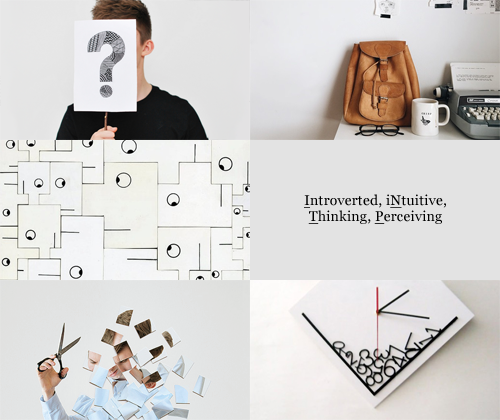
The upper (active) and lower (passive) rings of mental functions are distinguished (the given descriptions of psycho-sociotypes included the characteristics of the first, second, third and quadruple channels from the upper ring). The lower one is the remaining mental functions, which require additional energy for their implementation (they usually do not attract the attention of a person).
Fig. 6.4. Rings of mental functions
The first channel is the strongest, a person navigates the world through it. The second is creative: it is active interaction with others. The third is the point of least resistance (the person cannot bear the pressure associated with this function). The fourth is role-playing, adaptive (thanks to him, a person is guided by the requirements of his environment). The fifth is suggestive (a person uncritically perceives information). The specificity of the sixth channel is that a person needs the help of a partner in providing comfortable conditions. The seventh implements the current function, the person in this case works "for wear and tear" for praise. The eighth channel is what the subconscious responds to.
The seventh implements the current function, the person in this case works "for wear and tear" for praise. The eighth channel is what the subconscious responds to.
How can I determine which of the 16 personality types I belong to?
Contents
Good day to all! On the path of self-development, it is very important to recognize yourself, sometimes even get to know yourself, because the more we understand about our features, the more conscious our life becomes. Recently, we have considered such a topic as: 4 types of temperament. And today, in addition, I will provide you with a description of 16 types of people that psychotherapists and psychologists usually use.
The history of the emergence of the theory
There is a science called socionics. It was created in 1970 by Aushra Augustinavichiute with the aim of studying people and the relationships between them. The basis was 8 species proposed by K. Jung, as well as the concept of informational metabolism by A.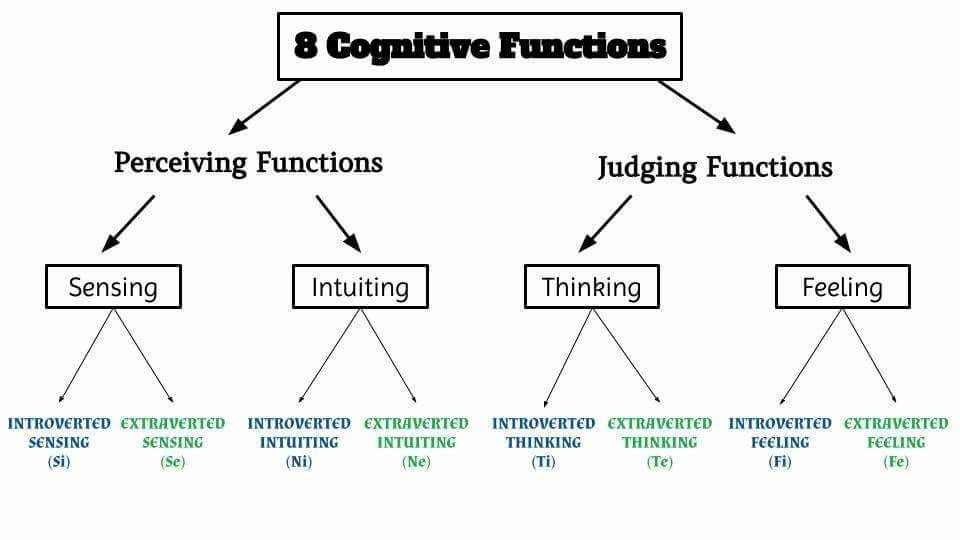 Kempinsky.
Kempinsky.
The main idea of this concept is that the process of information exchange between the world and man is very similar to the metabolism in the body. Mental health is very strongly influenced by the quality of information, as is the physiological quality of food. That's why scientists are sounding the alarm about mindless TV watching and gadget addiction.
By the way, have you noticed the relationship between how a person eats and, for example, how he reads a book? The process of consumption and assimilation, or, as it is also called, assimilation are very similar. Some people are able to cope with a full plate in a couple of minutes, not particularly enjoying the food, do not enjoy the process, but simply swallow it.
Similarly, the perception of something new, they do not bite off some news to check for edibility, but swallow it whole, then suffering from indigestion, constipation, pain and vomiting, in case of disgust. Some are able to arrange a whole show out of dinner, slowly, dividing into small pieces and chewing thoroughly.
Jung's views
1. Extrovert
Their energy and interest are outward directed, very sociable and difficult to endure loneliness, from which they most often run away into any relationship. They are active, so much so that they can well encourage others to act, they easily adapt to changes and new conditions. They are risky and commit rash acts, under the influence of emotions or other people. Because of their impulsiveness, they are easy to manipulate. They rely on the opinions of others about themselves, since recognition and approval are very important.
2. Introvert
Their psychology is such that attention is directed deep into themselves, as they have a whole world inside that inspires and gives strength. Because of this, they prefer solitude, which is fundamentally different from bright and noisy extroverts. Adapting to changes in the world is sometimes very difficult, most often because of conservatism. Introverts are great conversationalists because they value quality over quantity.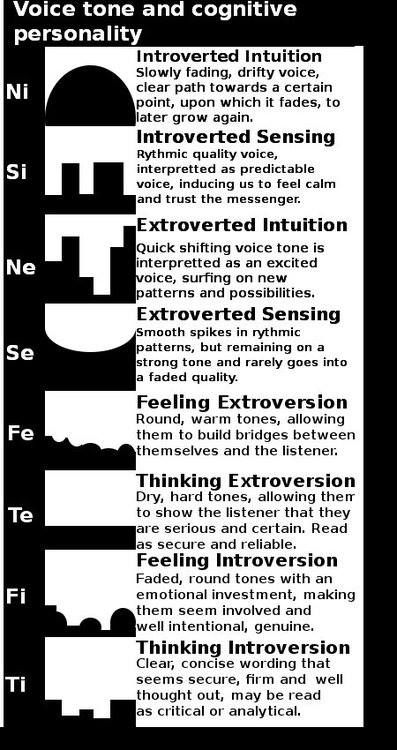 Able to concentrate on something for a long time and listen carefully.
Able to concentrate on something for a long time and listen carefully.
3. Sensory view
Loves numbers, facts and arguments. More inclined to do than to think, in other words, a practitioner. In communication, I like to receive accurate answers, on the topic and briefly. Accordingly asks the same questions. He assimilates information sequentially, it is difficult for such people to perceive it in general, therefore, at first they try to sort it out, without associations and impressions of the narrator. There may be difficulties with humor, because they understand everything literally, without revealing the veil.
4. Intuitive
Prefers fantasy to action, which is why he constantly thinks. It relies on the future, as a result of which it does not notice reality or does not attach importance to it. Captures the connections between things that others seem completely different and incoherent. Most often considered misunderstood by others.
5. Thinking temperament
More characteristic of men who can be reserved, unperturbed and even under significant circumstances do not lose their temper.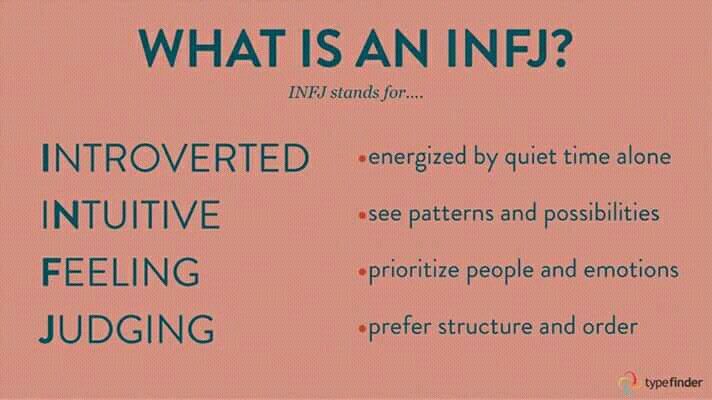 As a result, feelings are suppressed, or they are simply not given importance, because the most valuable thing is thinking and all sorts of intellectual formulas.
As a result, feelings are suppressed, or they are simply not given importance, because the most valuable thing is thinking and all sorts of intellectual formulas.
6. Feeling
Respectively more inherent in women who make some decisions based only on their own feelings and emotions of other people. Sometimes too subjective, but very responsive. Due to the increased attention and interest in the lives of other people, they can cause hostility in other species.
7. Decisive
Definitely brings the matter to the end, you can rely on him and trust him. It is very difficult to adapt to changes, and it is difficult to endure situations when it is necessary to change one's decision or rules. Organized, establishes order, because clarity is important. Able to plan and take responsibility for decisions made.
8. Perceiving
Such people are very disorganized, the exact opposite of the previous version. Spontaneous and scattered. Life in uncertainty for them is a normal state of affairs.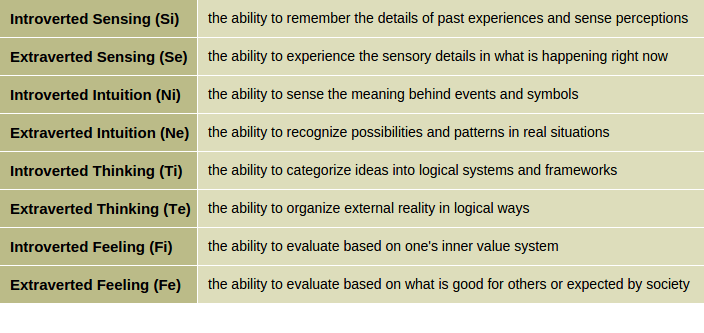 You should not expect from them not only the fulfillment of obligations, but also the fact that they recognize it. They are best revealed and show their best side if they are allowed to work without preparation, impulsively and improvising.
You should not expect from them not only the fulfillment of obligations, but also the fact that they recognize it. They are best revealed and show their best side if they are allowed to work without preparation, impulsively and improvising.
Complete list of 2 species and 16 subspecies
Extrovert
1. Logic-sensory (LSE)
An able-bodied person who knows how to be in a team and is able to work together, jointly. He plans his activities and always brings them to the end, despite the difficulties. Can be overly direct, making it seem harsh and easily hurt others. Open and sociable, cares and appreciates his family. The energy, as they say, “boils”, so that an excellent leader comes out of him, who knows how to motivate employees to achieve and inspires them to act by his example. She loves noisy companies and parties.
2. Logical-intuitive (LIE)
Prefers active, dynamic and extreme sports. The character is sociable, he positively and optimistically looks at the world.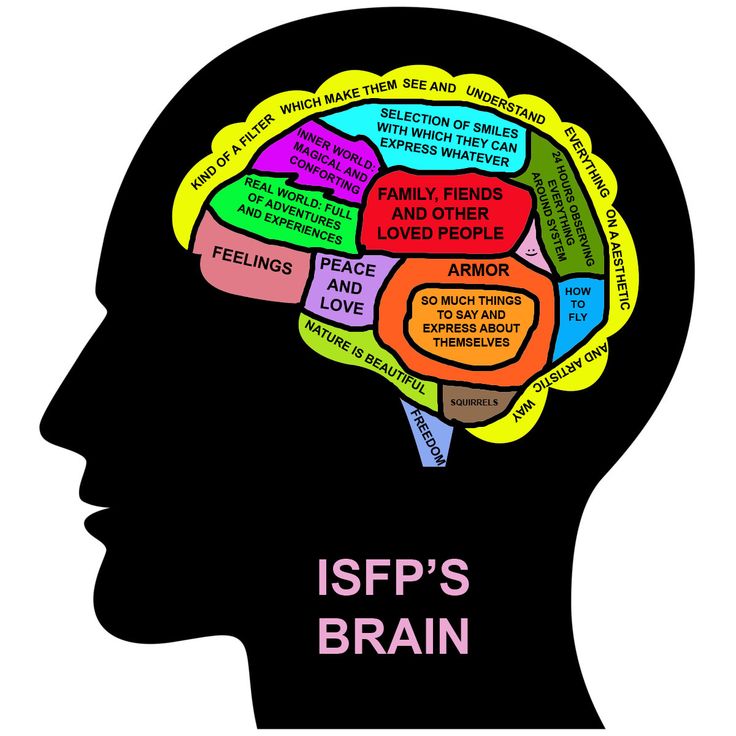 He has a very valuable ability to determine his capabilities and correlate them with reality. In action, he relies on intuition, risky and easy to climb, it is very easy to inspire and motivate him. In his work he uses modern technologies, as he is always up to date with new products. For development, he constantly analyzes his actions and mistakes.
He has a very valuable ability to determine his capabilities and correlate them with reality. In action, he relies on intuition, risky and easy to climb, it is very easy to inspire and motivate him. In his work he uses modern technologies, as he is always up to date with new products. For development, he constantly analyzes his actions and mistakes.
3. Ethical-sensory (ESE)
Versatile personality, active and sociable. But at the same time, he is an excellent manipulator, whatever the relationship may be, it is easier and more important for him not to ask, for example, namely to manipulate, “push through”. Needs recognition and praise, and has the right to do so, since he is independent, and knows how to achieve success on his own, without enlisting someone's support. Able to sacrifice his own ambitions and interests for the benefit of another person.
4. Ethical-intuitive (EIE)
Overly emotional, so much so that even gestures and facial expressions are very expressive, sometimes harsh.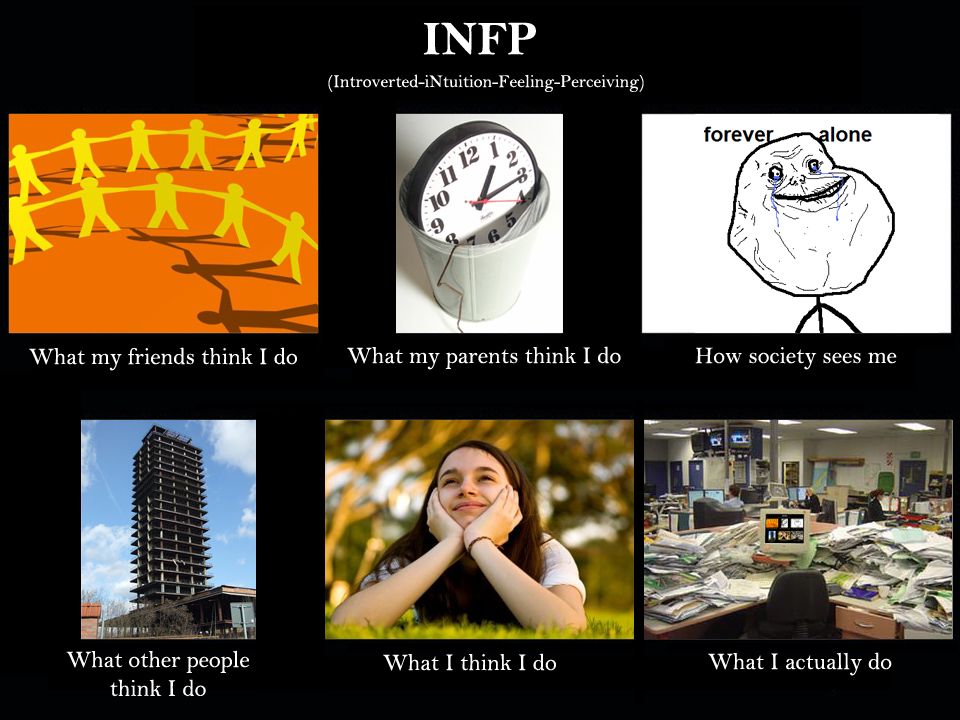 Emotionality helps them understand the feelings of other people, this ability is called empathy. And thanks to empathy, they recognize lies, insincerity and easily notice inconsistencies between words. Also, trusting their intuition and feelings, sometimes they anticipate some events, for which they boldly prepare later. They know how to support, sympathize and just be there. They have difficulty with trust and are extremely jealous.
Emotionality helps them understand the feelings of other people, this ability is called empathy. And thanks to empathy, they recognize lies, insincerity and easily notice inconsistencies between words. Also, trusting their intuition and feelings, sometimes they anticipate some events, for which they boldly prepare later. They know how to support, sympathize and just be there. They have difficulty with trust and are extremely jealous.
5. Sensory Logic (SLE)
They make great athletes because they succeed because of their need to win. It is simply their meaning and purpose of life. Even mundane tasks are analyzed for gain and benefit, compete and compete. But at the same time, if such a person has conceived something, he will not calm down until he realizes it, and will not retreat in front of any obstacles, in extreme cases he will even use force or cunning, just to realize his plan. It is very uncomfortable and unbearable when it gets into conditions where it is necessary to obey.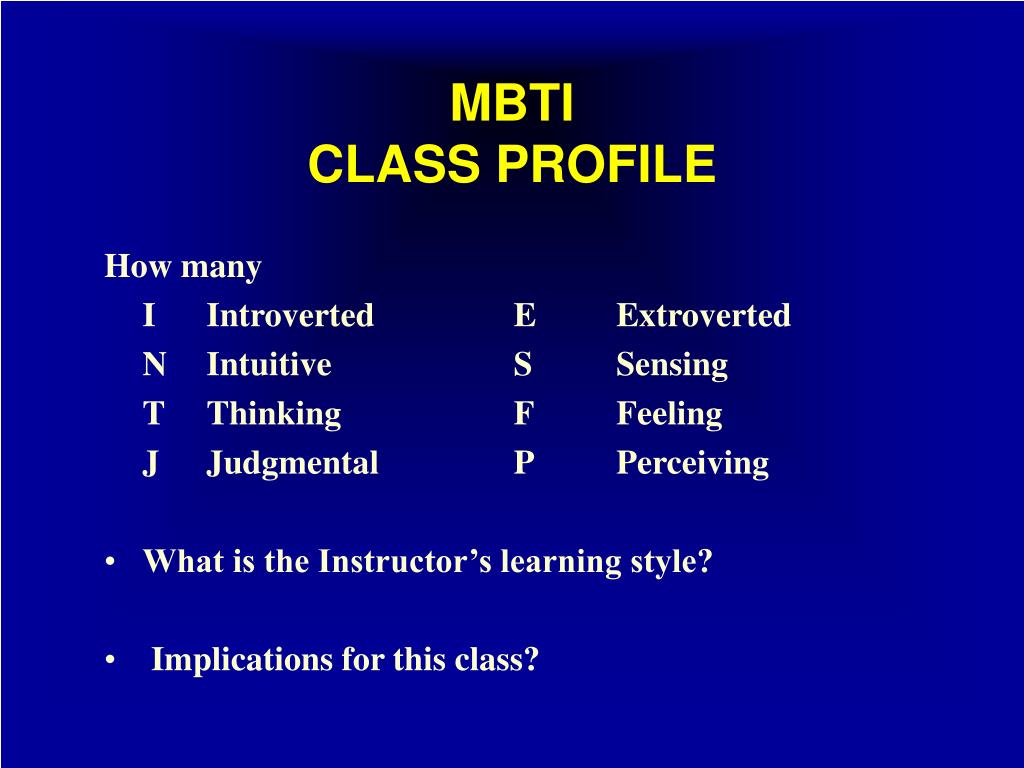
6. Sensory-ethical (SEE)
Like many extroverts, he tries to lead in relationships, not to obey, therefore he initially chooses people who are weaker than himself, or who have the opposite need - to be led, so that the other bears responsibility. He uses manipulation techniques to satisfy personal interests and most often presents to the world some qualities that, in fact, he does not possess, again to create an image in order to fulfill his needs.
7. Intuitive-logical (ILE)
He adapts well to changes, because he avoids the feeling of routine and everyday life, and he is very unstable in himself, as a result of which he often changes conditions in life. Coziness and comfort are important. The decision takes a long time until he is convinced of its correctness, after weighing all the pros and cons. Such personalities are inherently just a storehouse of ideas that flow from them like a stream, while they can clearly explain even the most difficult moments.
8. Intuitive-ethical (IEE)
They are born dreamers and creative people. They are easily offended or hurt because they are very sensitive, so they avoid tense and conflict situations. The routine for them is like death, and in order to avoid it, they look for entertainment and communicate a lot. They have a great sense of humor, and attract cheerful people into their lives who know how to rejoice and enjoy life. Responsive, and if there is no opportunity to do something, at least with advice they will definitely help.
Introvert
9. Logical-sensory (LSI)
Such a definition as an introvert already speaks for itself, so it is not surprising that this type of people has a pedantic character. Order, and clarity, above all. Prefers solitude and a narrow circle of friends. He will start doing the work if he has confidence that he will do it perfectly. People around him trust him, feeling reliability and because of perfectionism. He does not hover in the clouds, but soberly looks at life and its realities.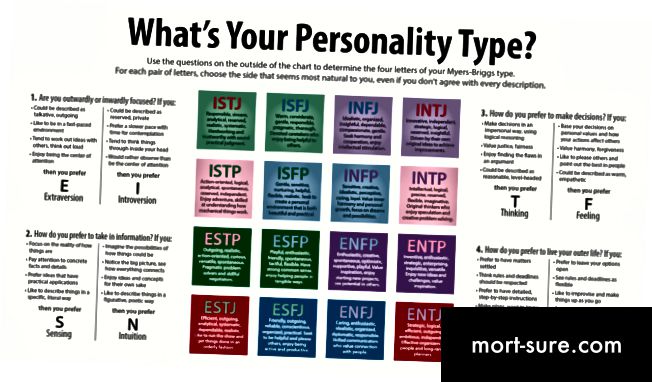
10. Logical-intuitive (LII)
They like to talk heart to heart, philosophize, only in a very narrow circle of close people. Calm and balanced, but when meeting, they may experience difficulties in communication, for them this is unbearable in terms of the level of anxiety. They prefer to demonstrate their independence to others. At their core, practical people, but when they do not find a logical explanation for something, they rely on their intuition.
11. Ethical-sensory (ESI)
Fighter for equality, will defend his principles and views to the last. Often analyzes his mistakes, finds fault with his personality. Conscious, which helps him to notice the insincerity and falseness of other people. A devotee is always ready to stand up for his loved ones, even if the battle is unequal.
12. Ethical-intuitive (EII)
They make excellent teachers and educators, because they know how to support and recognize the talents of other people, helping them to develop.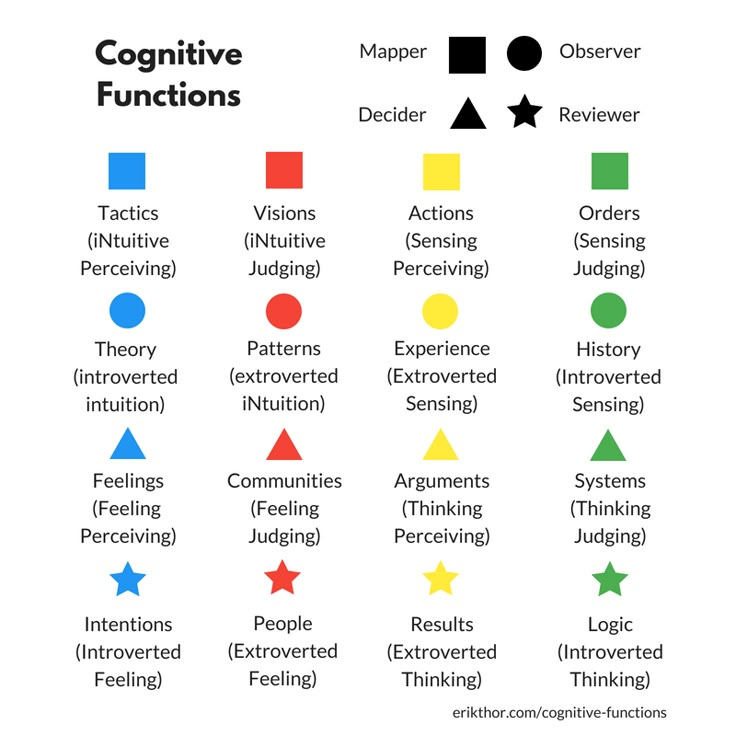 They love to read, study and, in general, engage in self-development. There is a need for closeness, trust and love, and she is sometimes too naked, bringing suffering. They do not forgive betrayals, betrayals and lies in general. For them, the very concept of the word anger and aggression causes anxiety and fear, therefore they avoid conflict situations in every possible way.
They love to read, study and, in general, engage in self-development. There is a need for closeness, trust and love, and she is sometimes too naked, bringing suffering. They do not forgive betrayals, betrayals and lies in general. For them, the very concept of the word anger and aggression causes anxiety and fear, therefore they avoid conflict situations in every possible way.
13. Sensory Logic (SLI)
The type of people cognizes the world, first of all, through sensations, so they choose a profession such as to work with their hands and use motor skills. For example, builders, engineers. They prefer to stick to the plan, bringing the matter to the end, and completing it on time. They do not like to obey, and difficulties cause excitement, instead of resistance and the desire to give up.
14. Sensory-ethical (SEI)
A simple, open person. He likes to have fun, joke and he manages to enjoy life, even if the day looks like another. It has altruistic characteristics, it may well work as a volunteer, participate in charity events, and even on the street it will not pass an old woman with a heavy bag without offering her help.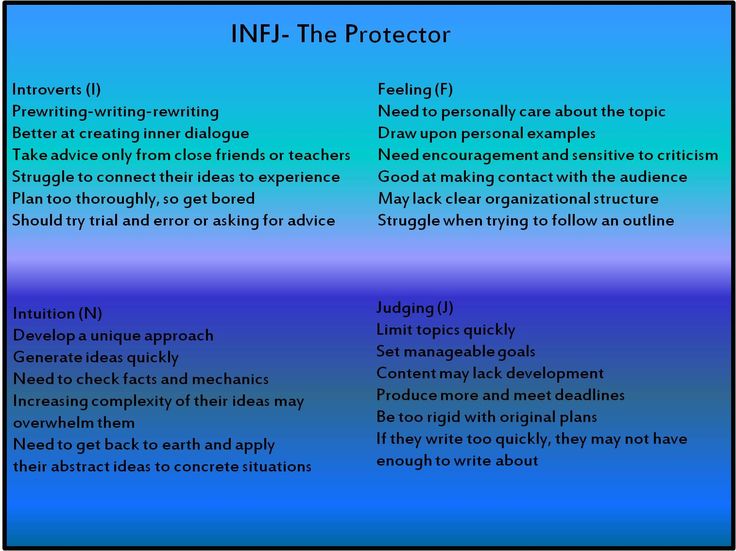
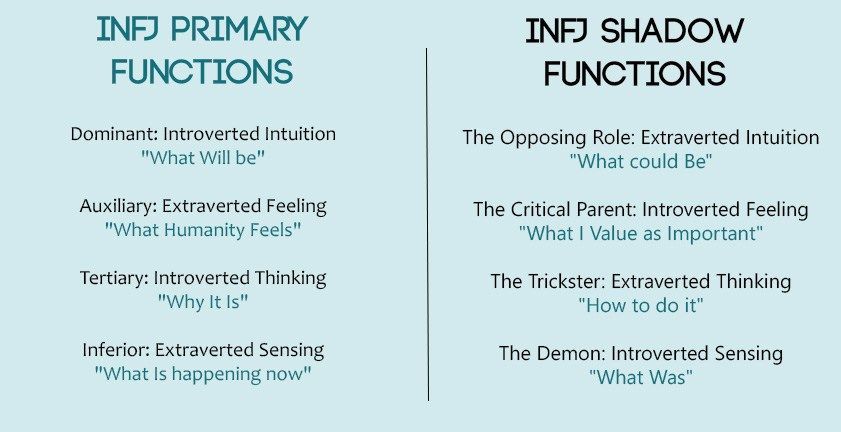 When their dreams become out of touch with reality, others may see them as flighty and mystical. INFPs do well to ask the advice of more practical people to find out if their ideas are workable and useful in the real world.
When their dreams become out of touch with reality, others may see them as flighty and mystical. INFPs do well to ask the advice of more practical people to find out if their ideas are workable and useful in the real world.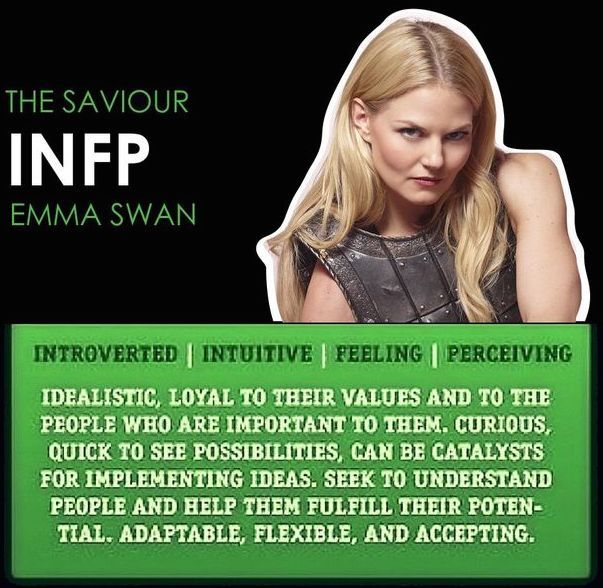 To complicate things further, they tend to demand too much of themselves as they aspire to their won impossibly high standard. This can lead to feelings of inadequacy, even though they in fact are capable of accomplishing a great deal. When INFPs are disappointed, they tend to become negative about everything around them. Trying to develop more objectivity about their projects will help keep INFPs less vulnerable to both criticism and disappointment.
To complicate things further, they tend to demand too much of themselves as they aspire to their won impossibly high standard. This can lead to feelings of inadequacy, even though they in fact are capable of accomplishing a great deal. When INFPs are disappointed, they tend to become negative about everything around them. Trying to develop more objectivity about their projects will help keep INFPs less vulnerable to both criticism and disappointment.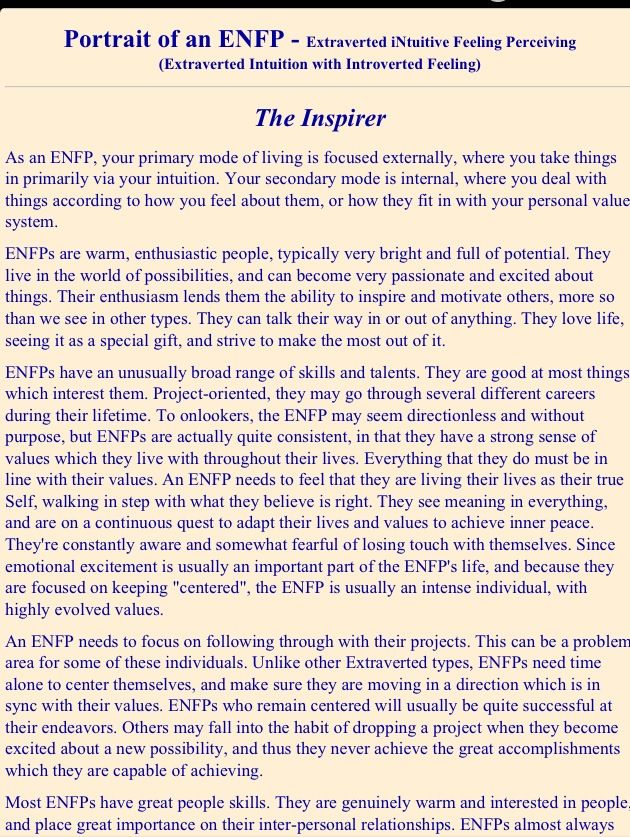 tex
tex 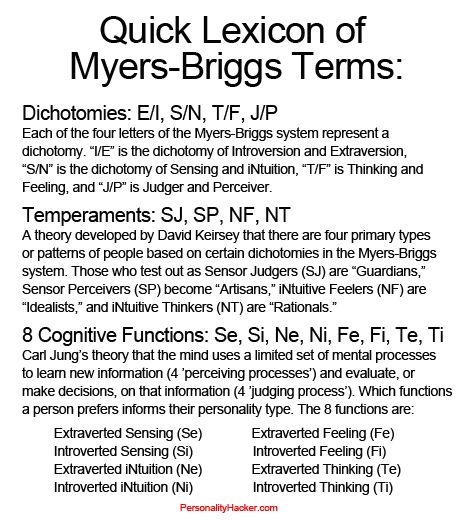 tex
tex 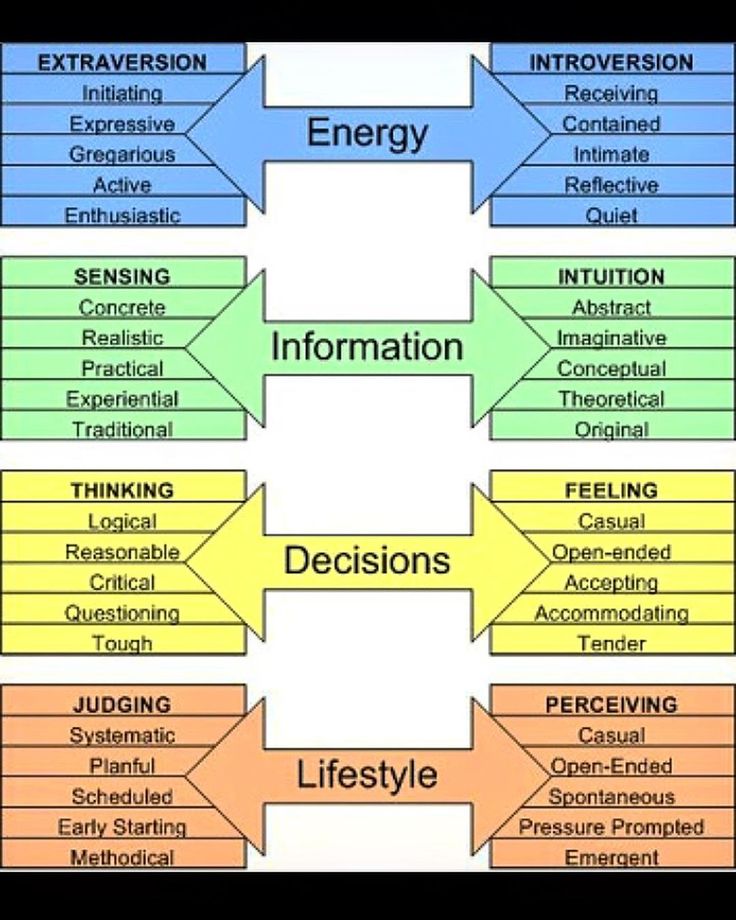 "
" 